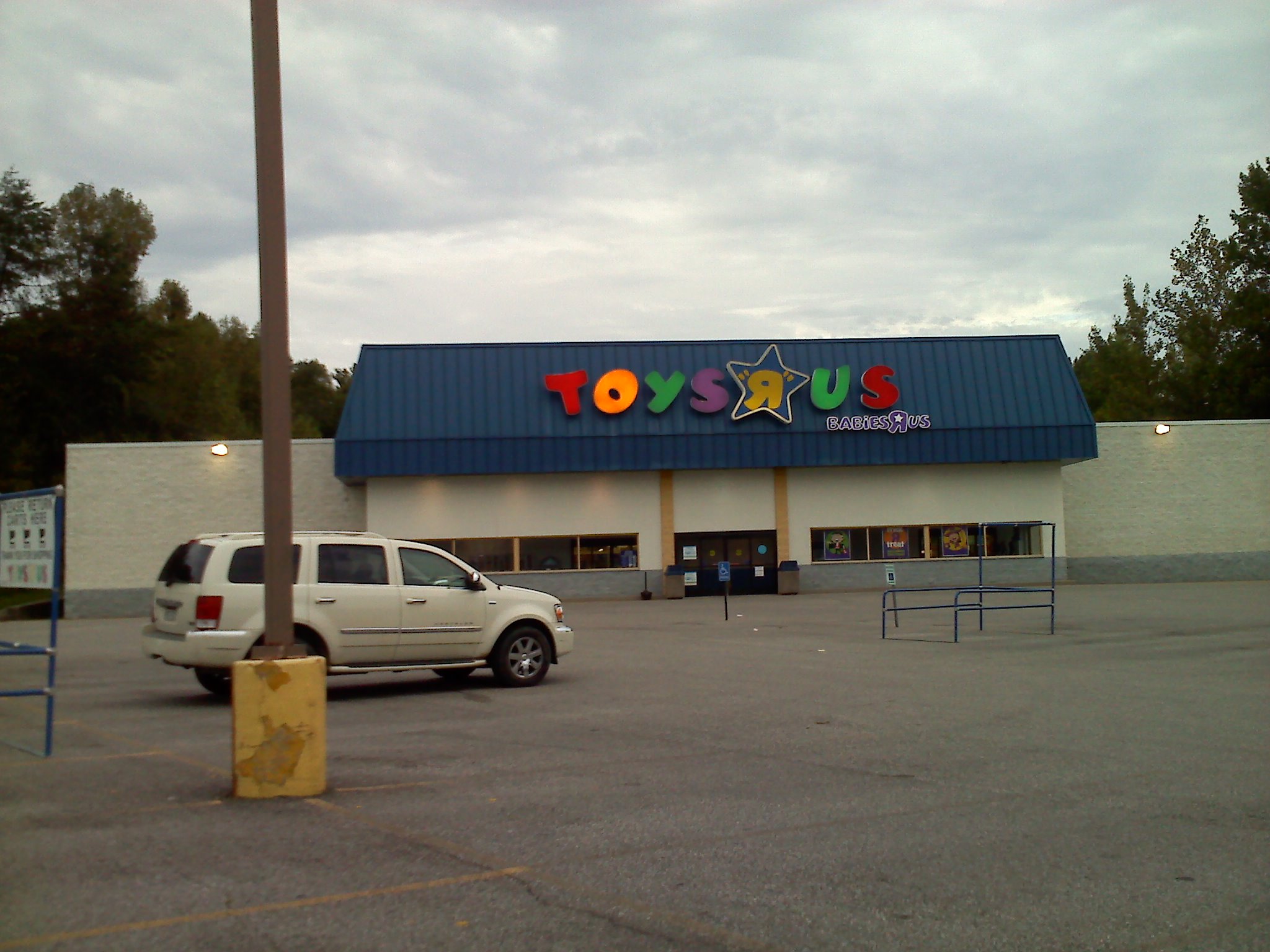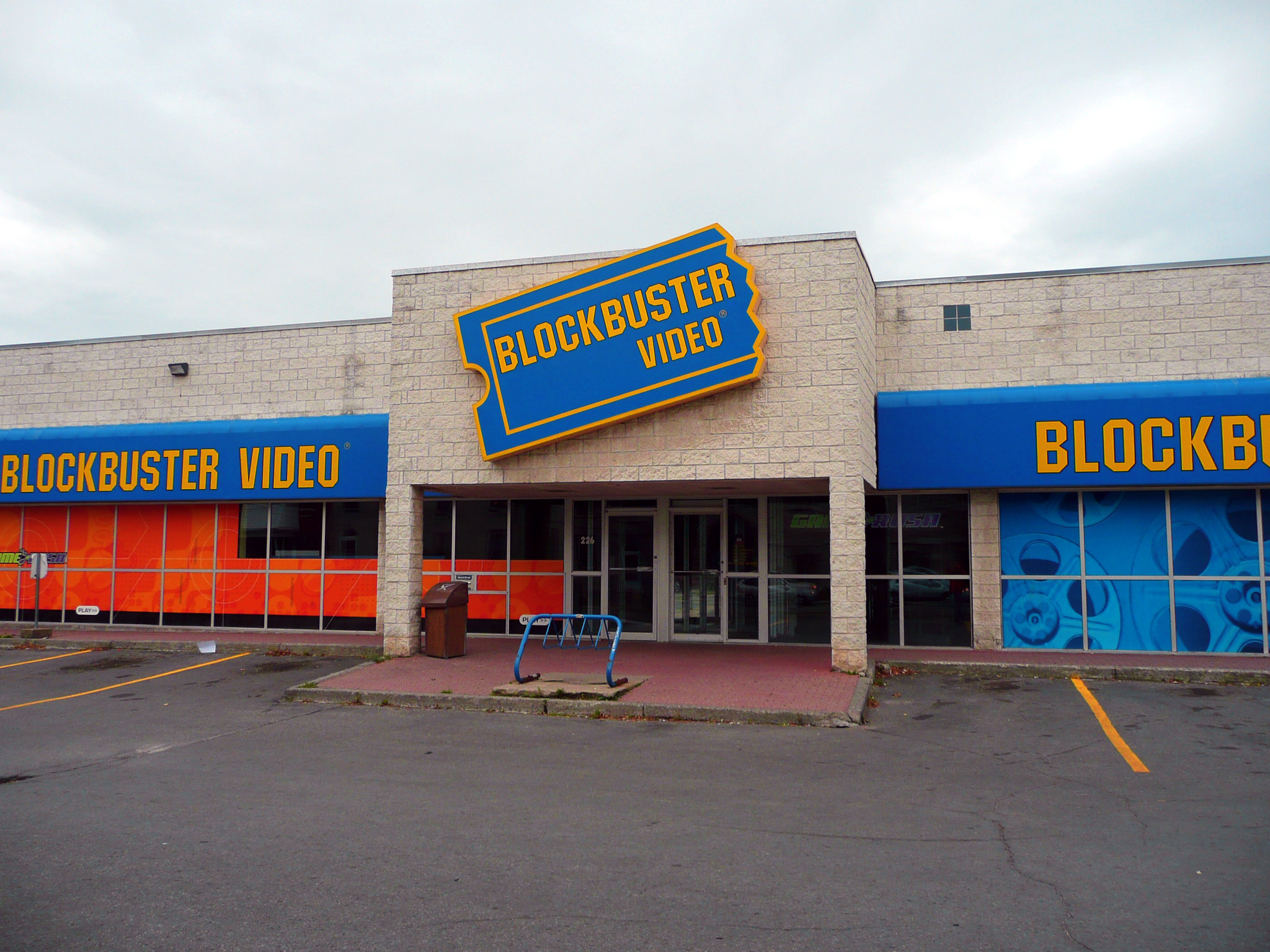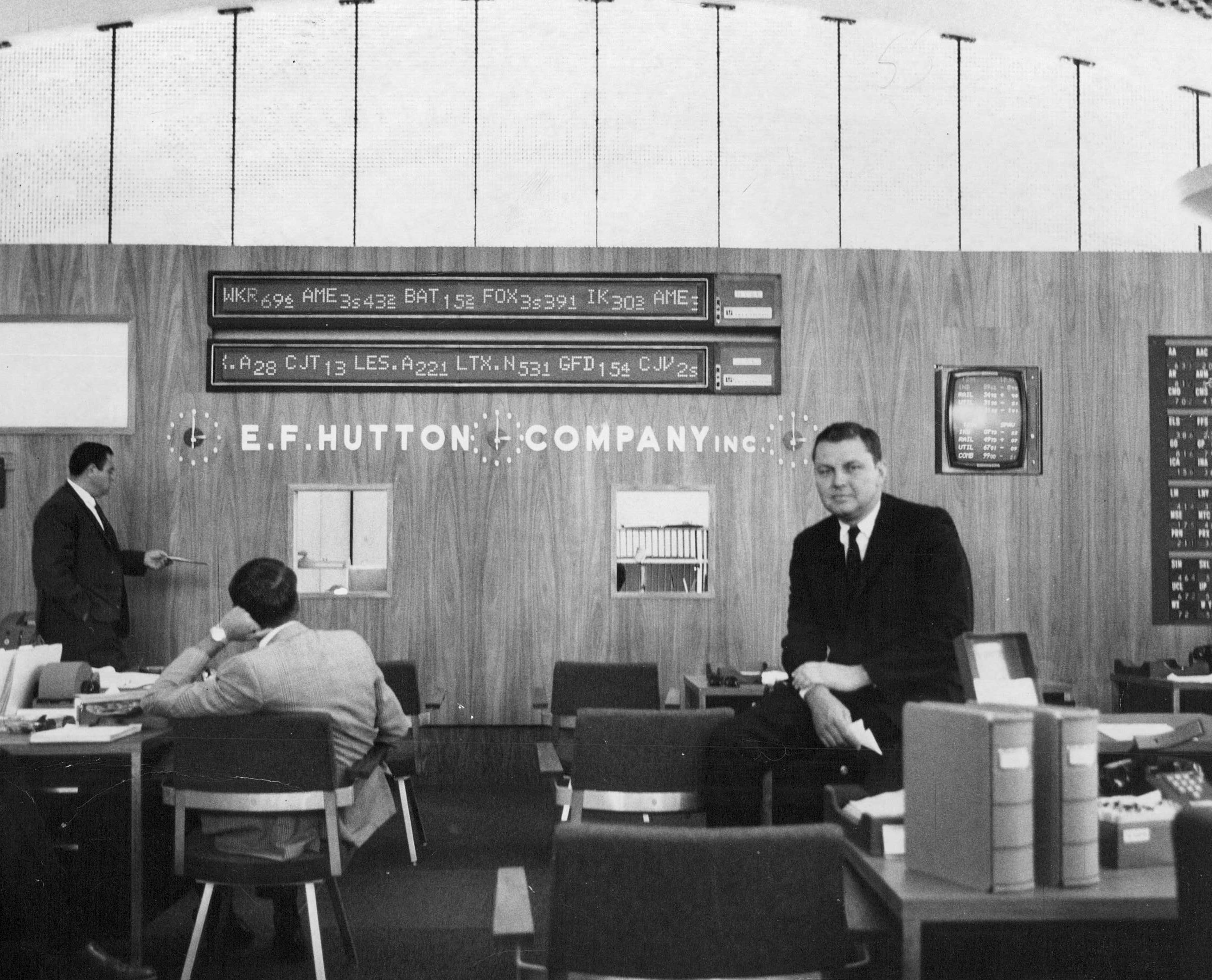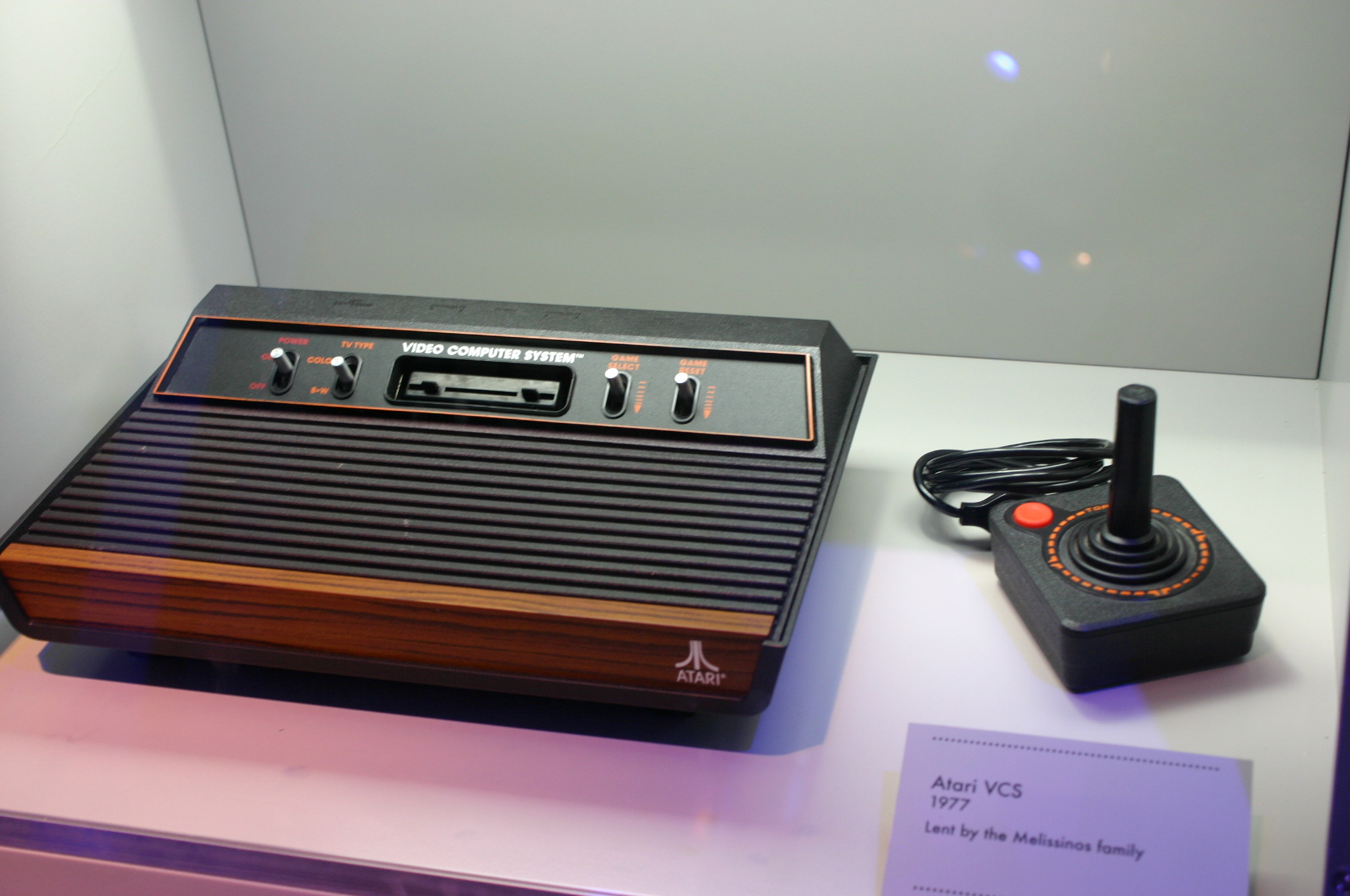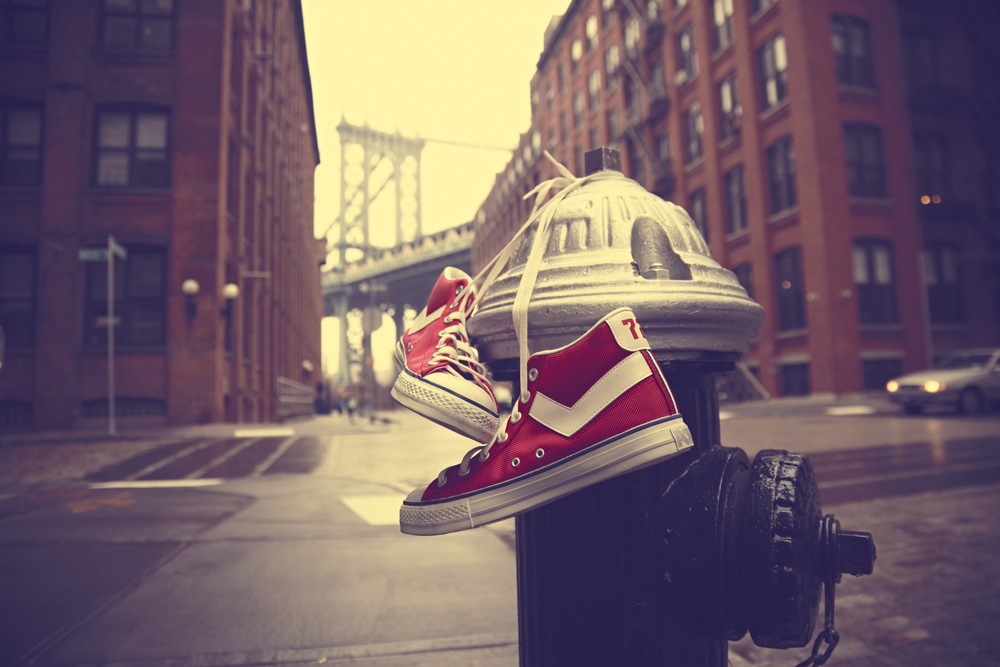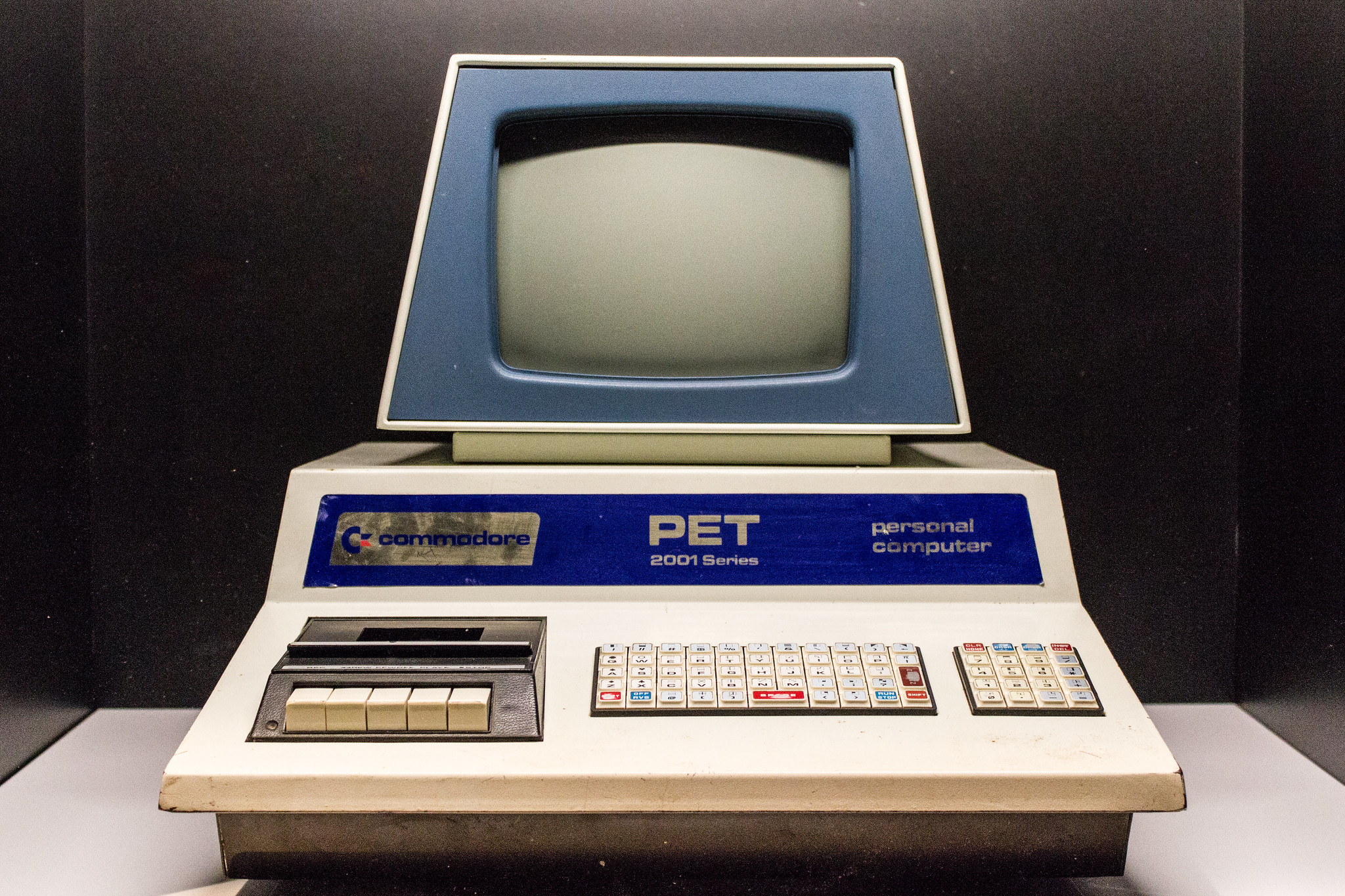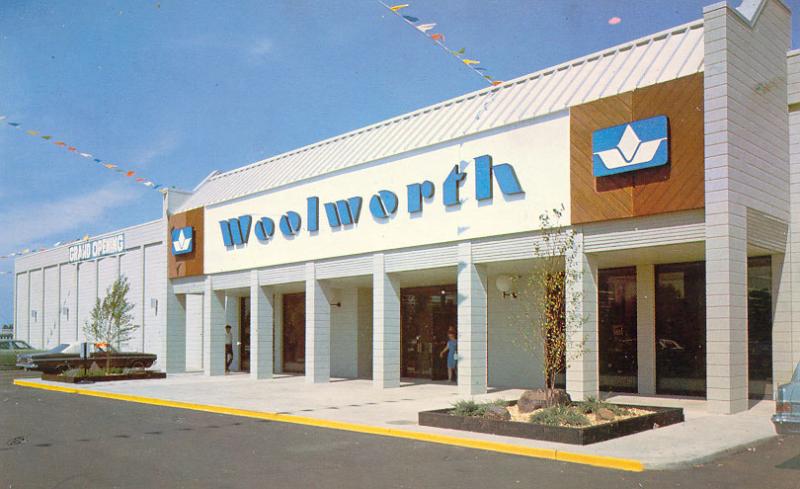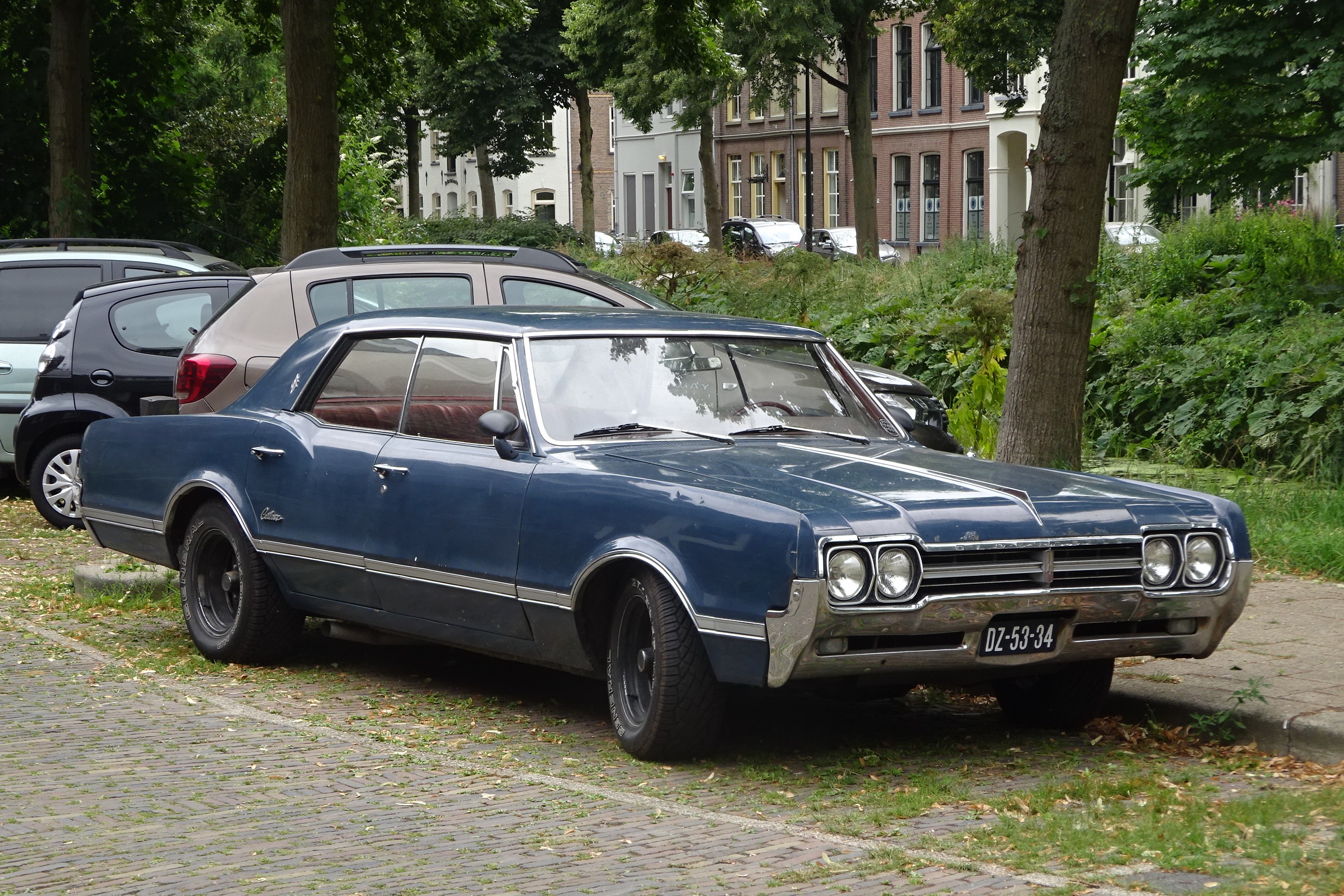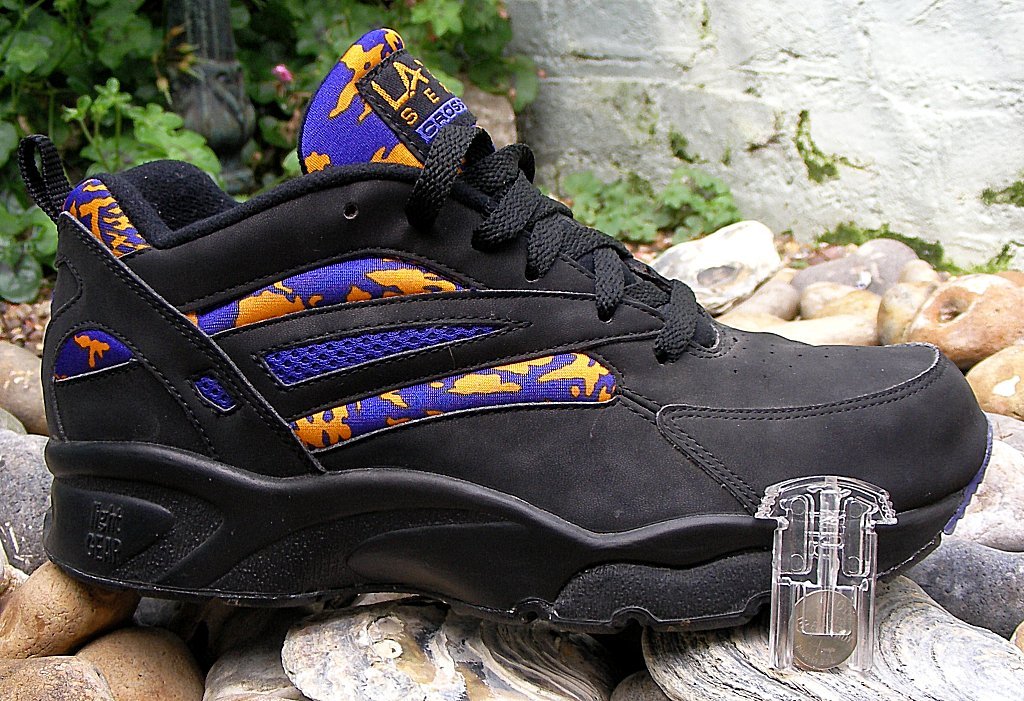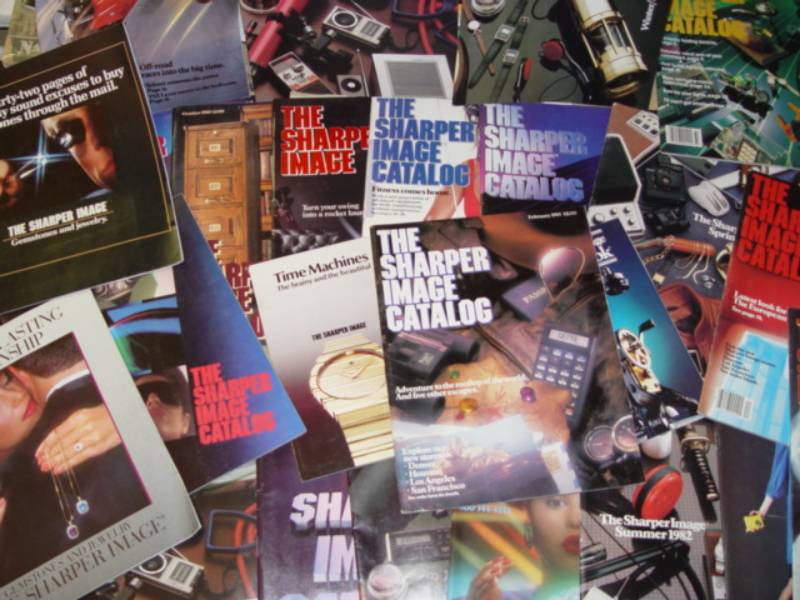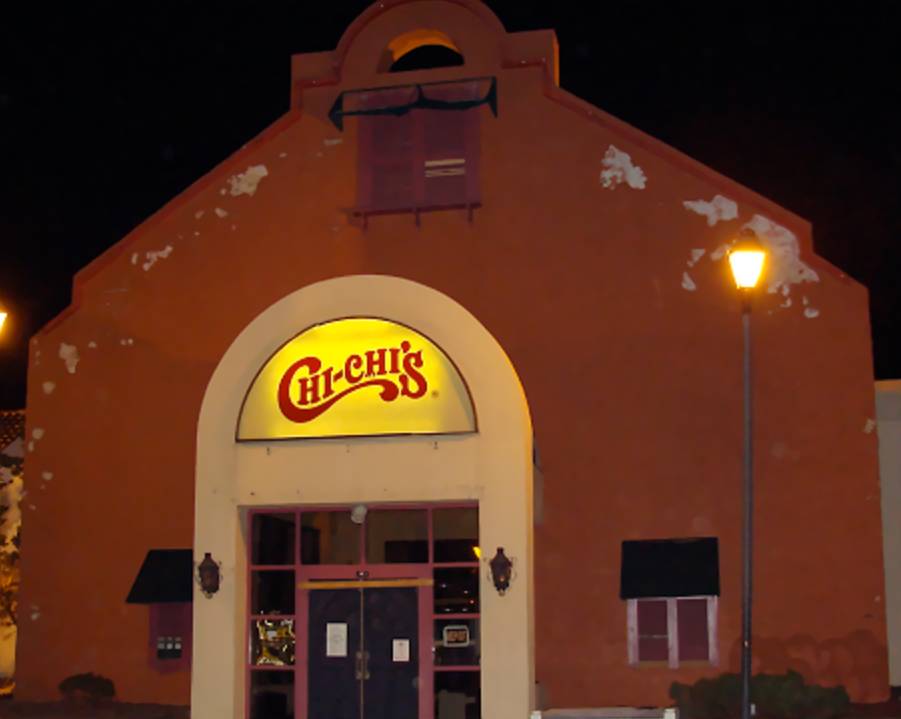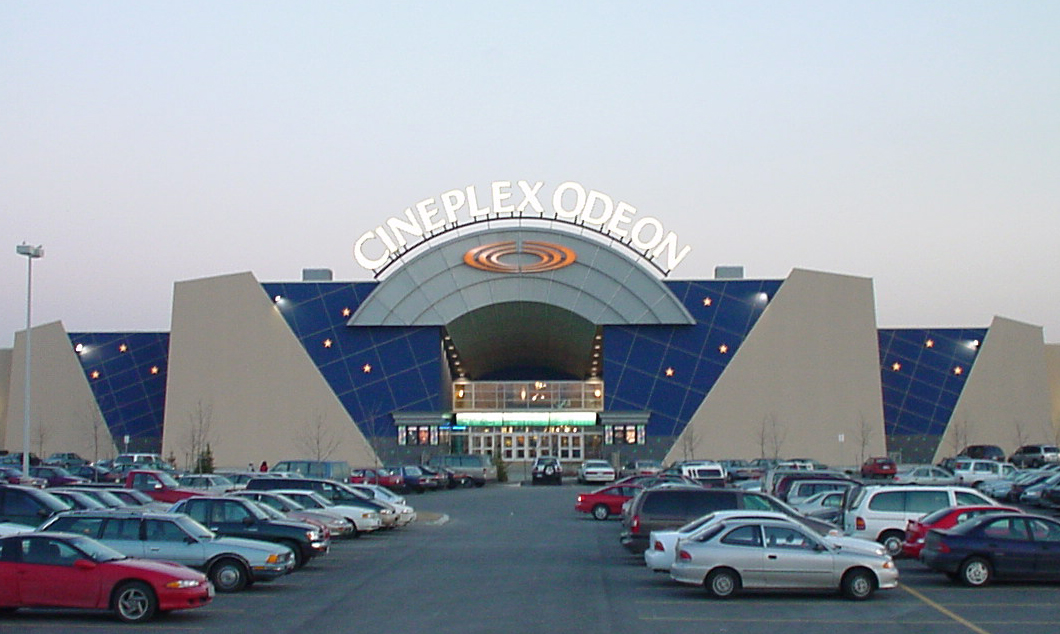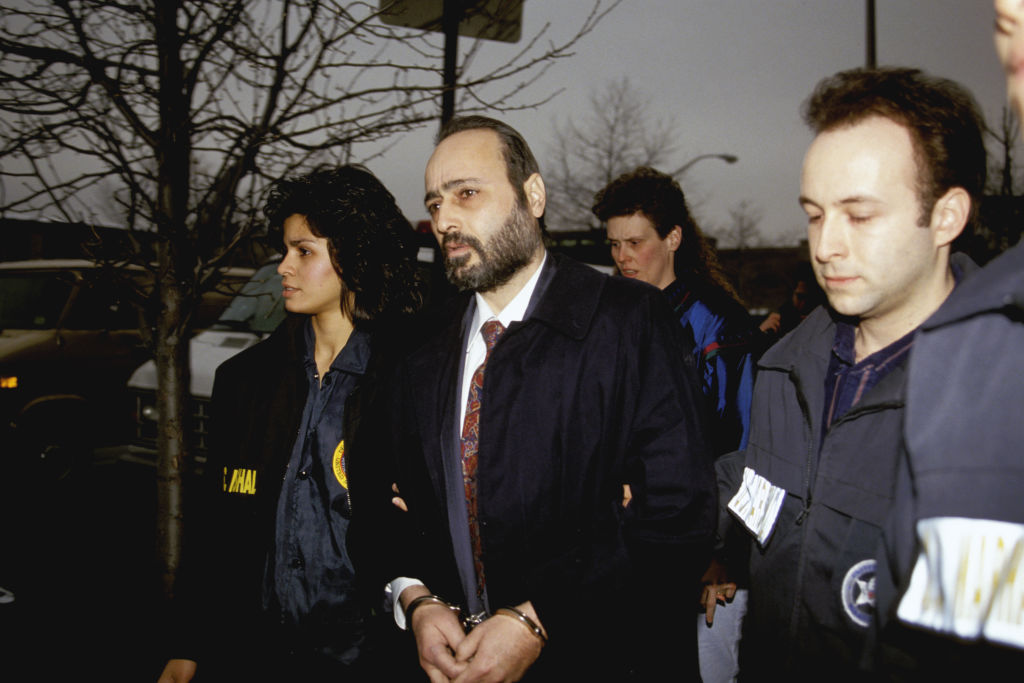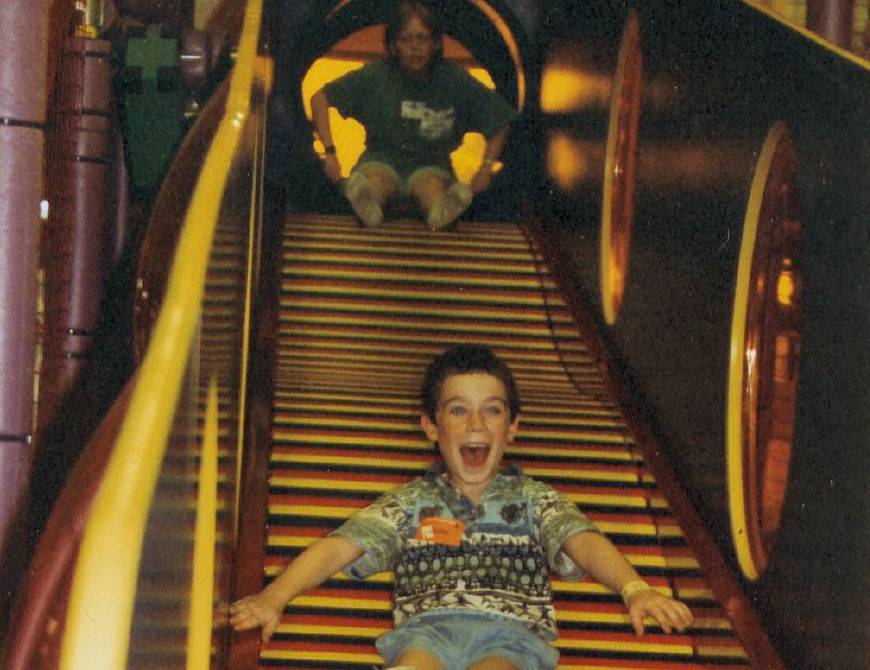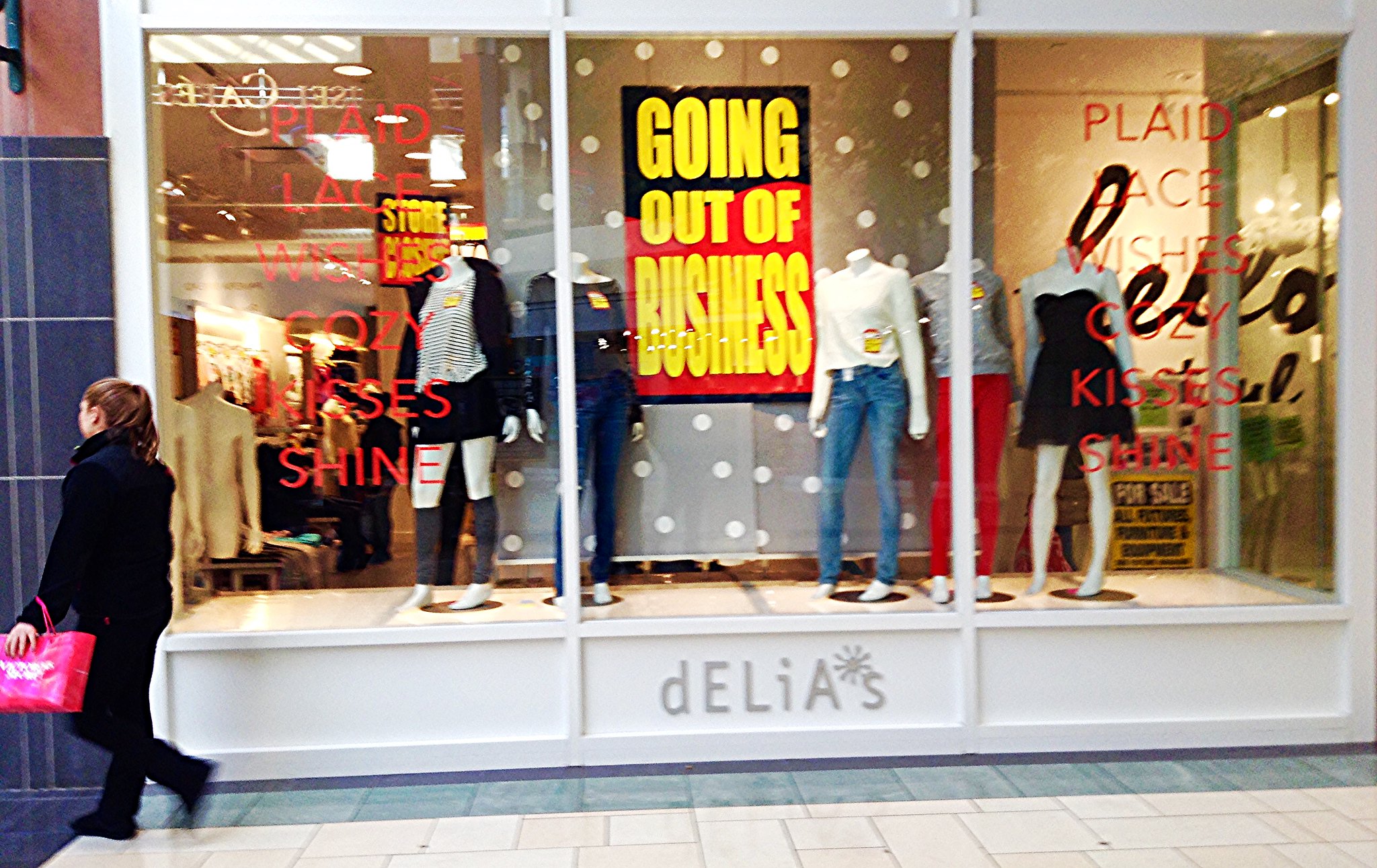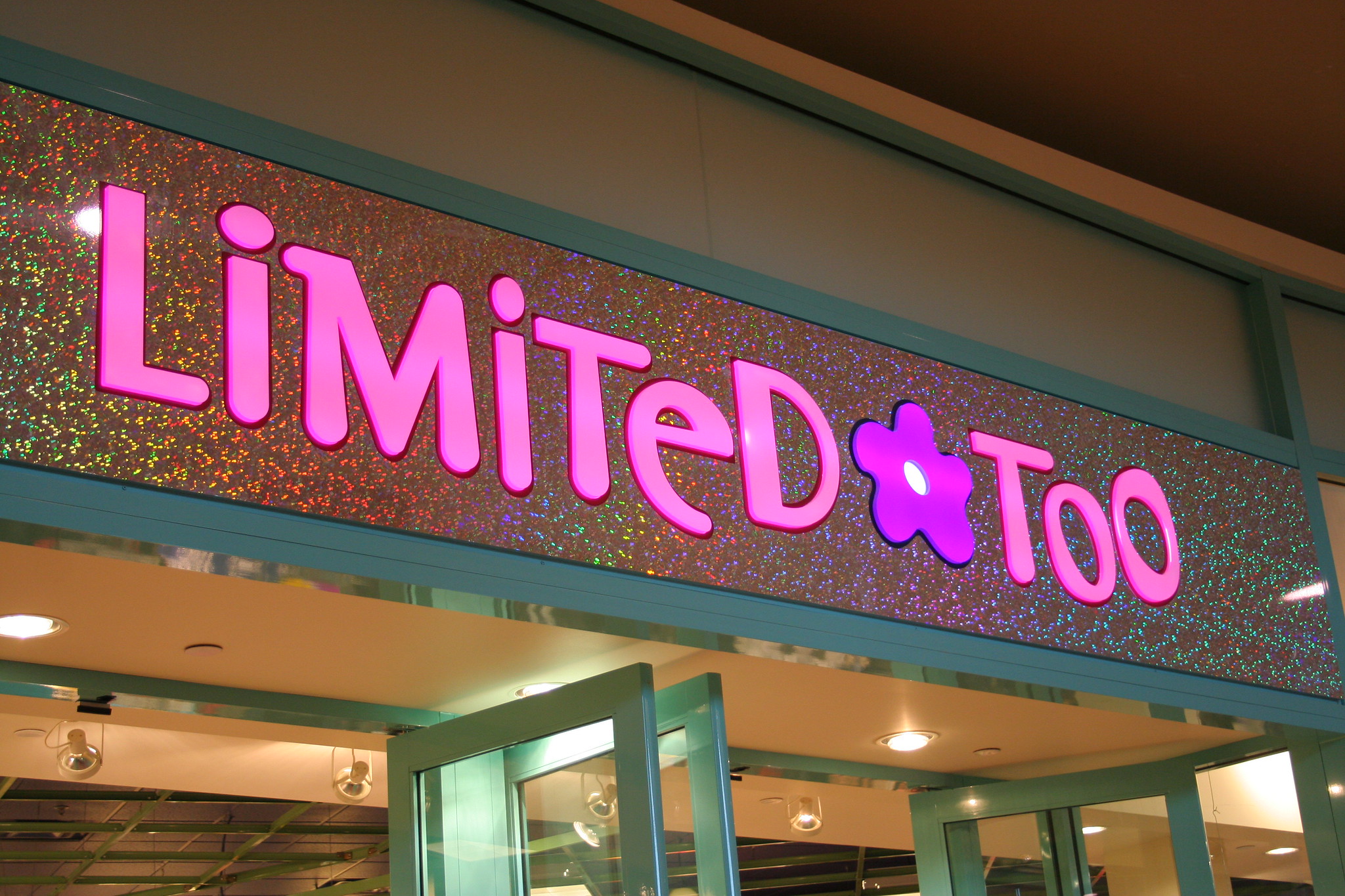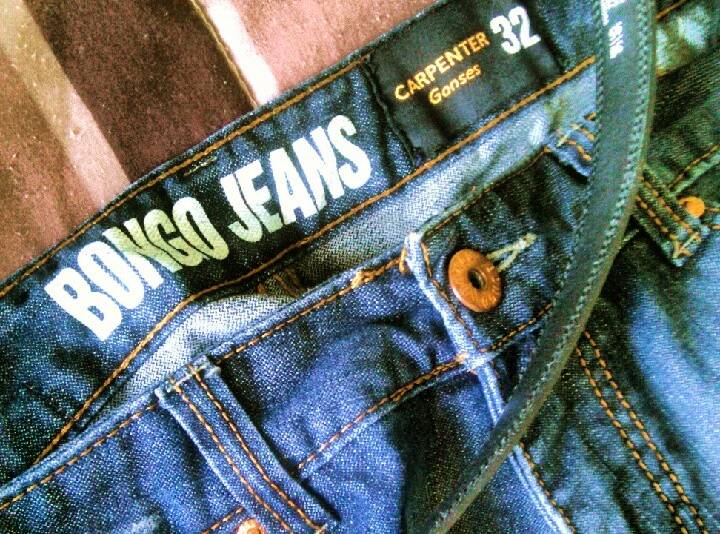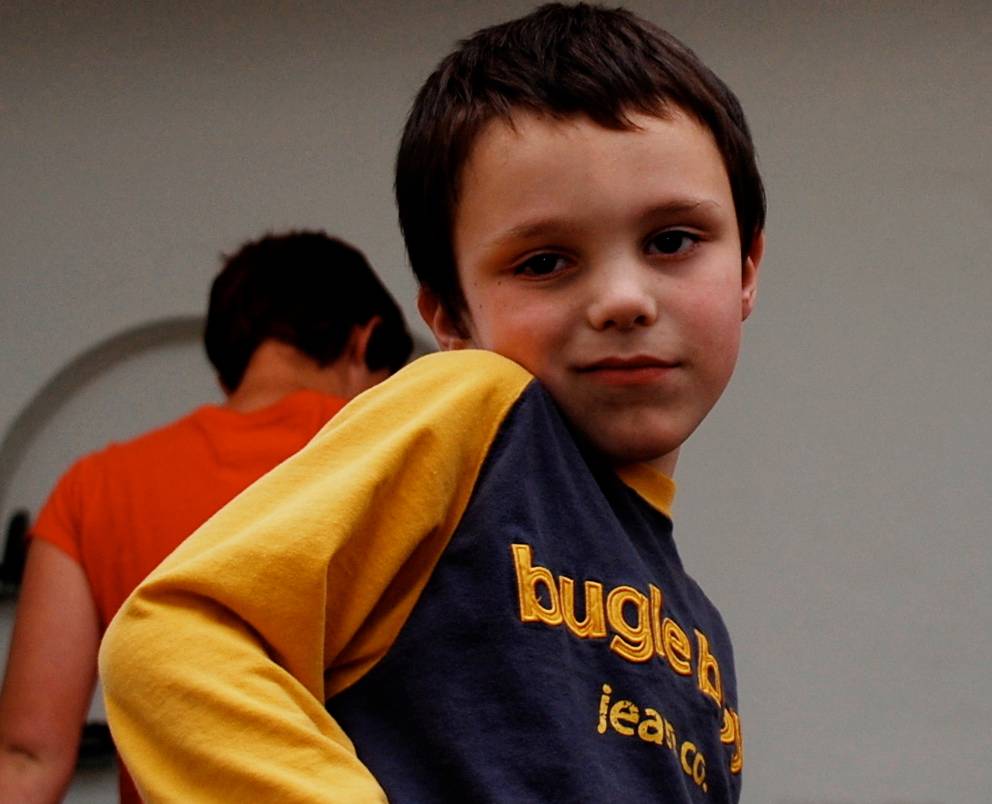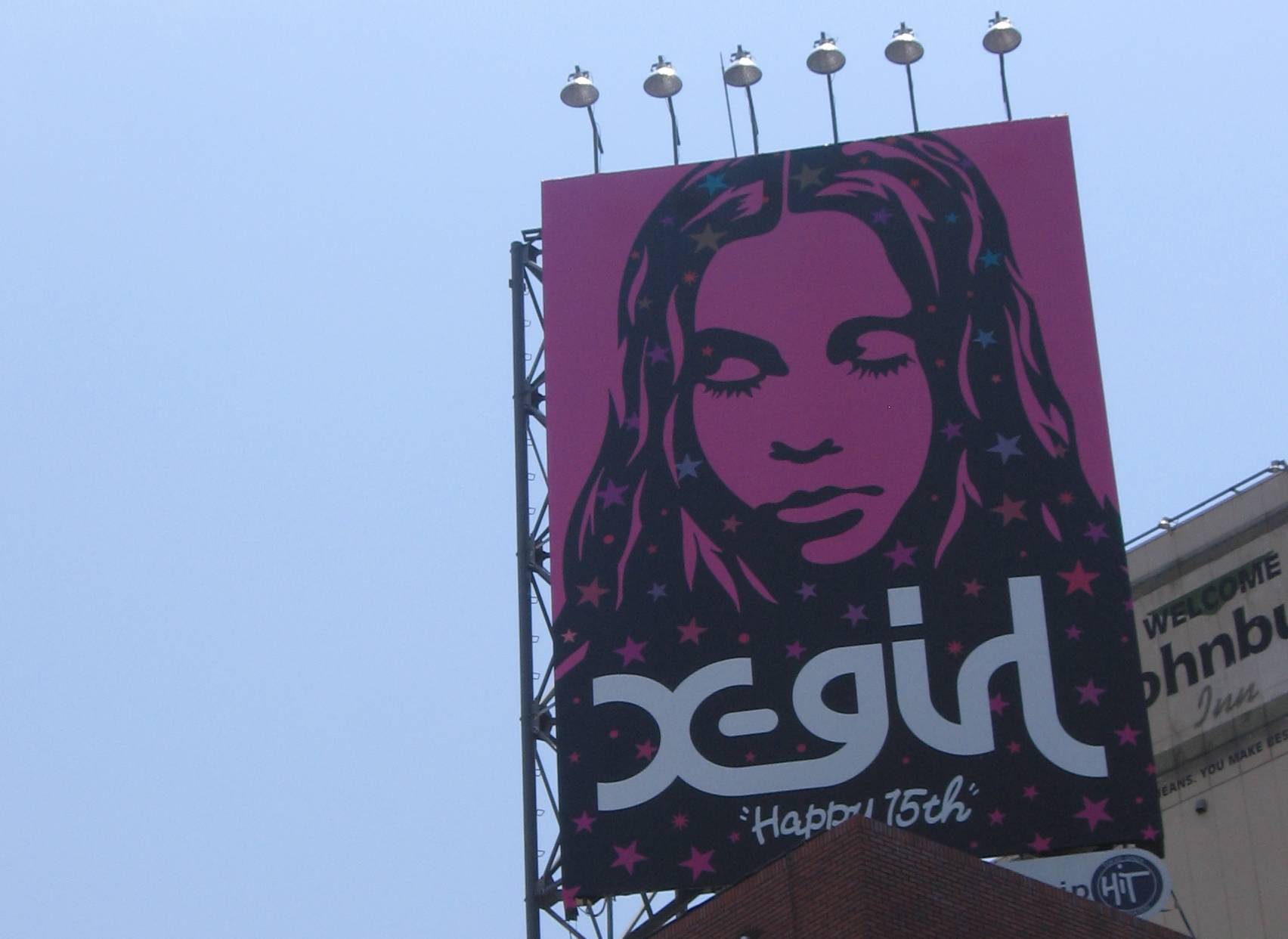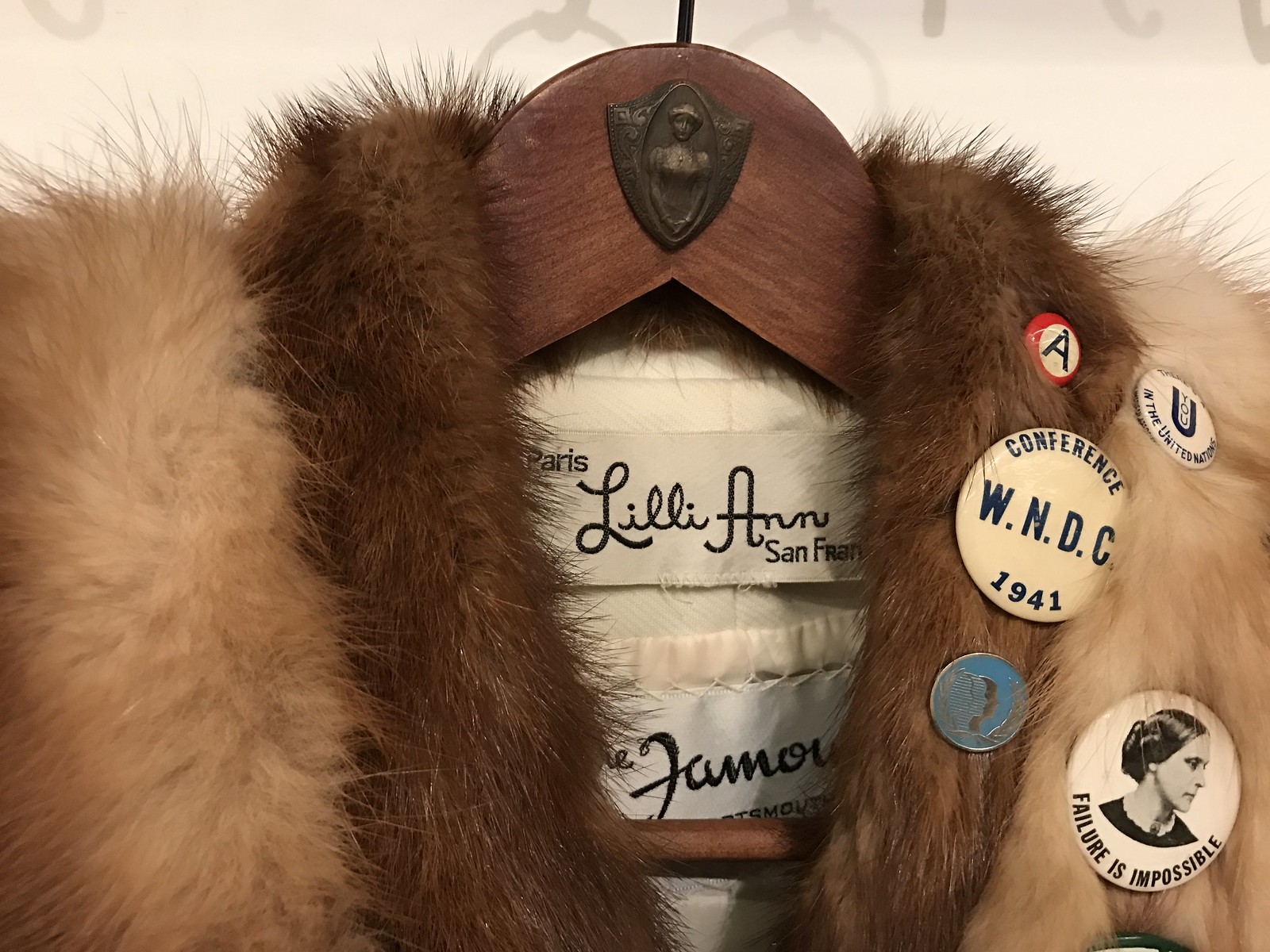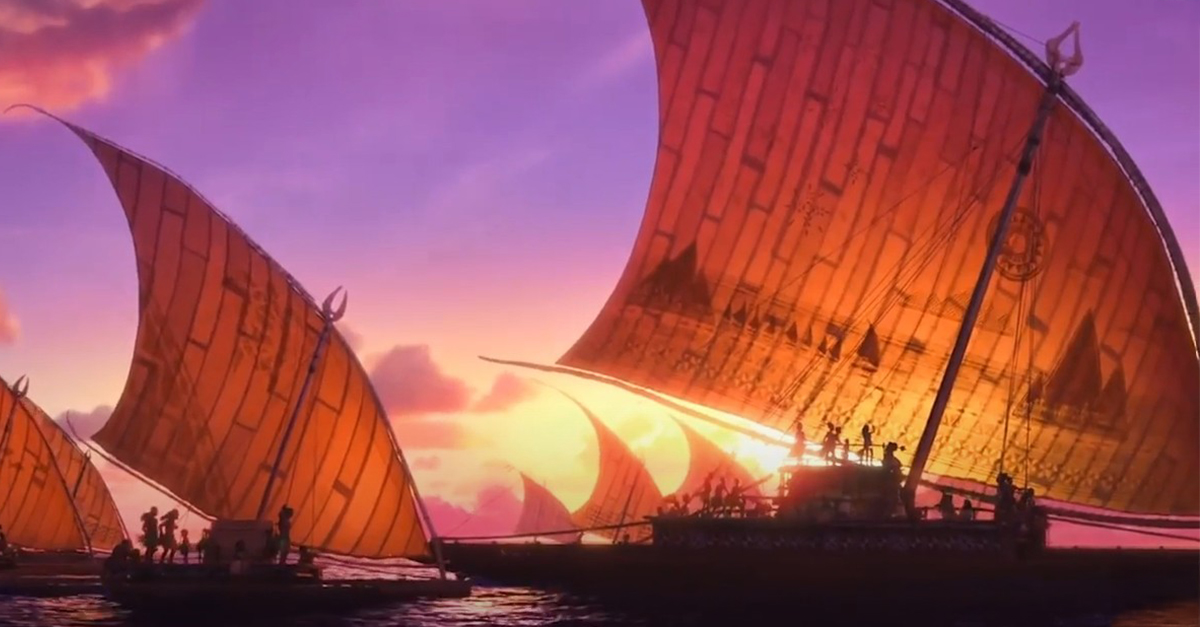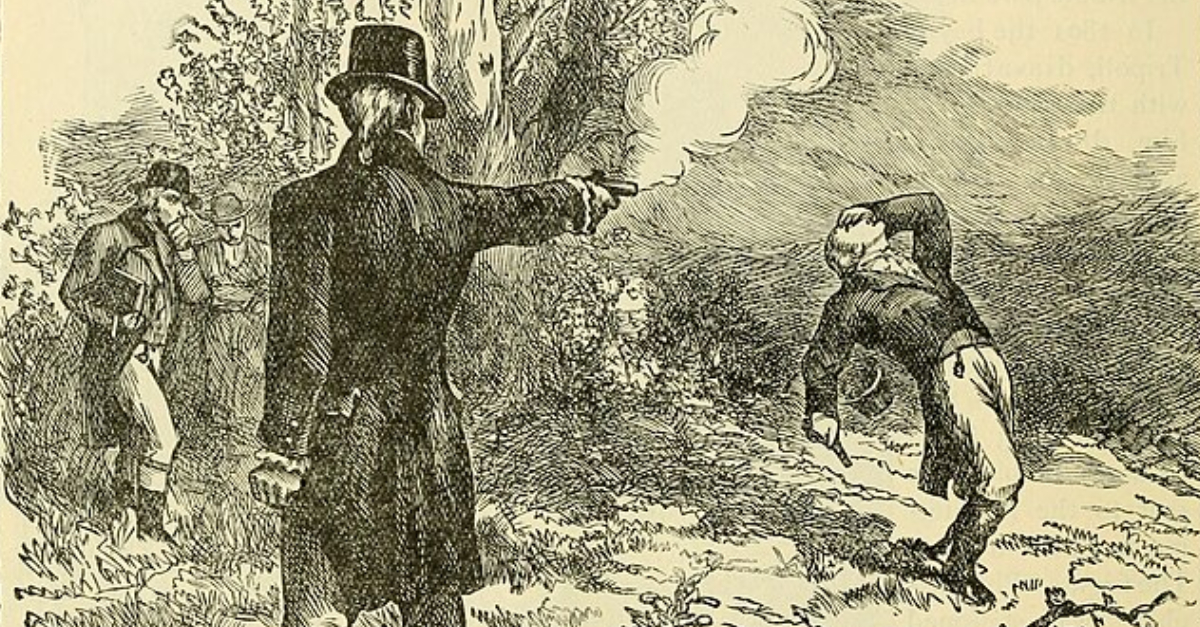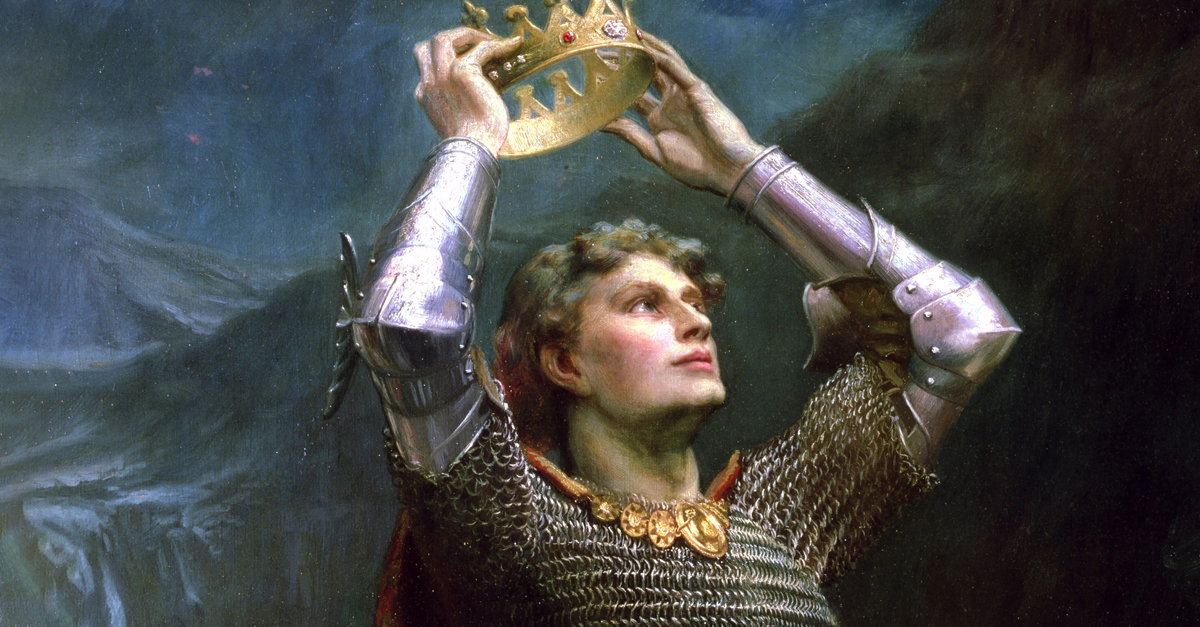Iconic Brands That Had Epic Downfalls
Beloved brands from foregone eras sometimes make a product so great that they stick around long into the 2020s. Nike, Adidas, Hewlett-Packard, Ford, and many more come to mind. But what about the brands that didn't make the cut of hyper-commercialization? Or, made products that were the bees' knees of their era, but have long since faded into obscurity or insolvency? Let's examine brands from the 80s, 90s, and 2000s that fell from grace.
![]()
Pan-Am
Short for "Pan-American Airlines", Pan-Am had been a company since 1927 and had reached the peak of its popularity in the 1980s. They were the first company to introduce reserving your tickets by computer and the first company to use a jumbo jet. Unfortunately for Pan-Am, because of rising fuel prices in the late 1980s, as well as the Lockerbie Bombing of 1988, they were forced to close their doors in 1991.
 RuthAS, CC BY 3.0, Wikimedia Commons
RuthAS, CC BY 3.0, Wikimedia Commons
RadioShack
Another brand that's been around since the 1920s is RadioShack. Launched in 1921 as a radio store, the brand morphed into an electronics store throughout its life, but was forced to shutter its doors in most of America in the mid-2010s. Their rebrand as "The Shack" in 2009 probably did not help.
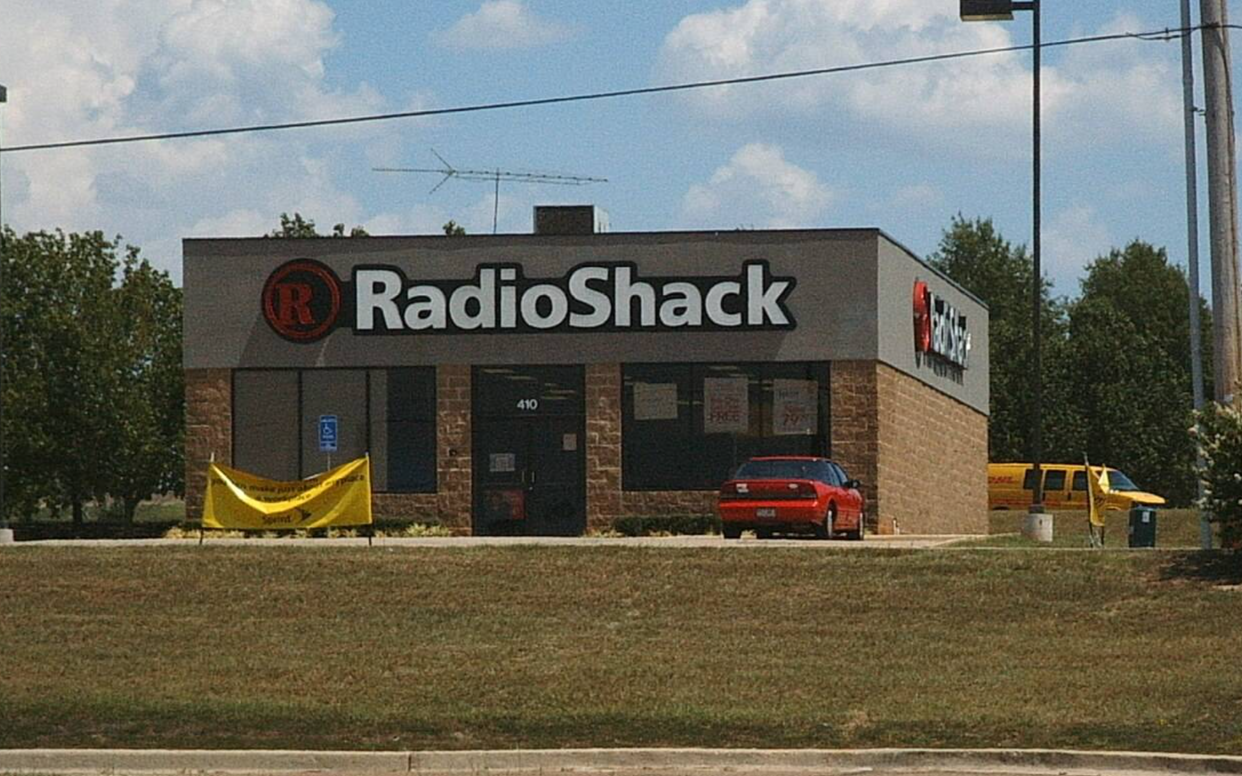 en:user:freakofnurture, Wikimedia Commons
en:user:freakofnurture, Wikimedia Commons
Toys "R" Us
From being the place to shop for a toys as a child to only having a handful of locations across Canada and Asia, Toys "R" Us suffered from the effects of Amazon and online shopping, mostly. They closed all stores across the UK, US, and Australia in 2018.
Blockbuster
At its peak, Blockbuster had 9,000 stores open across the United States. First opening in the 1980s and specializing in VHS rentals, Blockbuster had found a niche market and a seemingly endless recipe for success. Until, that is, the emergence of Netflix and other video-rental competitors. Only one store remains in Bend, Oregon.
EF Hutton
EF Hutton was a stock brokerage firm that was founded in 1904 and was one of America's most respected financial institutions for several decades. What happened? Well, in 1980, they began writing checks that were bigger than the cash-in-hand at the bank, and would then make a deposit equal to the amount written at the first bank. They were convicted of 2,000 counts of wire and mail fraud. Then, the market crashed in 1987 and they were no more.
Atari
In 1972, the video game console Atari was released. It allowed children of the 1970s to play games like Pong and helped begin a generation of arcade-based (and eventually home-based) video games like the Atari 2600. Unfortunately, in 1983, the video game industry crashed due to over-saturation, among other things, and Atari (despite the popular 2600) did not survive.
Pony Sneakers
If you were looking for a good shoe in the late 1970s and early 1980s, Pony Sneakers were a reliable brand. Solidly built and comfortable, you could use them for almost anything. Unfortunately, competition from Nike didn't help matters and they were left in the proverbial dust. Pony Sneakers were bought in 2015 by the Iconix Brand Group.
Commodore
Most computer manufacturers these days have Commodore to thank. Founded in 1976, Commodore was responsible for the Commodore 64, the best-selling computer of all time and a revolution in the IT industry. Unfortunately, plenty of competition from IBM and Apple among others meant that the Commodore couldn't keep up. The Amiga CD32 was released in 1993, but a year later, Commodore was defunct.
Woolworth's
Woolworth's was founded way back in 1879 and is one of the OG general-purpose stores that sold absolutely everything you can think of. Pioneering the approach of variety-for-cheap, Woolworth's, like Commodore, was a victim of competition in the 1980s and early 1990s, shuttering all of its locations in 1997. They're known today as "Foot Locker"—yes, really.
Oldsmobile
Oldsmobiles aren't that old, are they? Only if you consider 1897 to be "young". Founded that year, Oldsmobile was acquired by General Motors in 1908 and their cars were produced with GM's help until the company folded in 2004. Oldsmobiles were incredibly popular throughout the 1980s and 90s, but are no more.
LA Gear
No points for guessing where LA Gear was developed in 1983. The company was one of the hottest clothing brands in the country in the mid to late 1980s. Every cool kid on the block would wear a pair of their Uggs or other shoes to school. If you had the money for nice sneakers, you were wearing LA Gear. Unfortunately, brand trends and LA Gear did not mix. A lack of ability to change with the times didn't help their cause and they filed for bankruptcy in 1998.
Burger Chef
Before there was a Harvey's, there was Burger Chef—where you could have your burger, your way. Despite their beginnings in 1954, Burger Chef hit a peak of popularity in the early 1980s and steadily declined after Hardee's purchased the company in 1982. The brand's last restaurant closed in 1996.
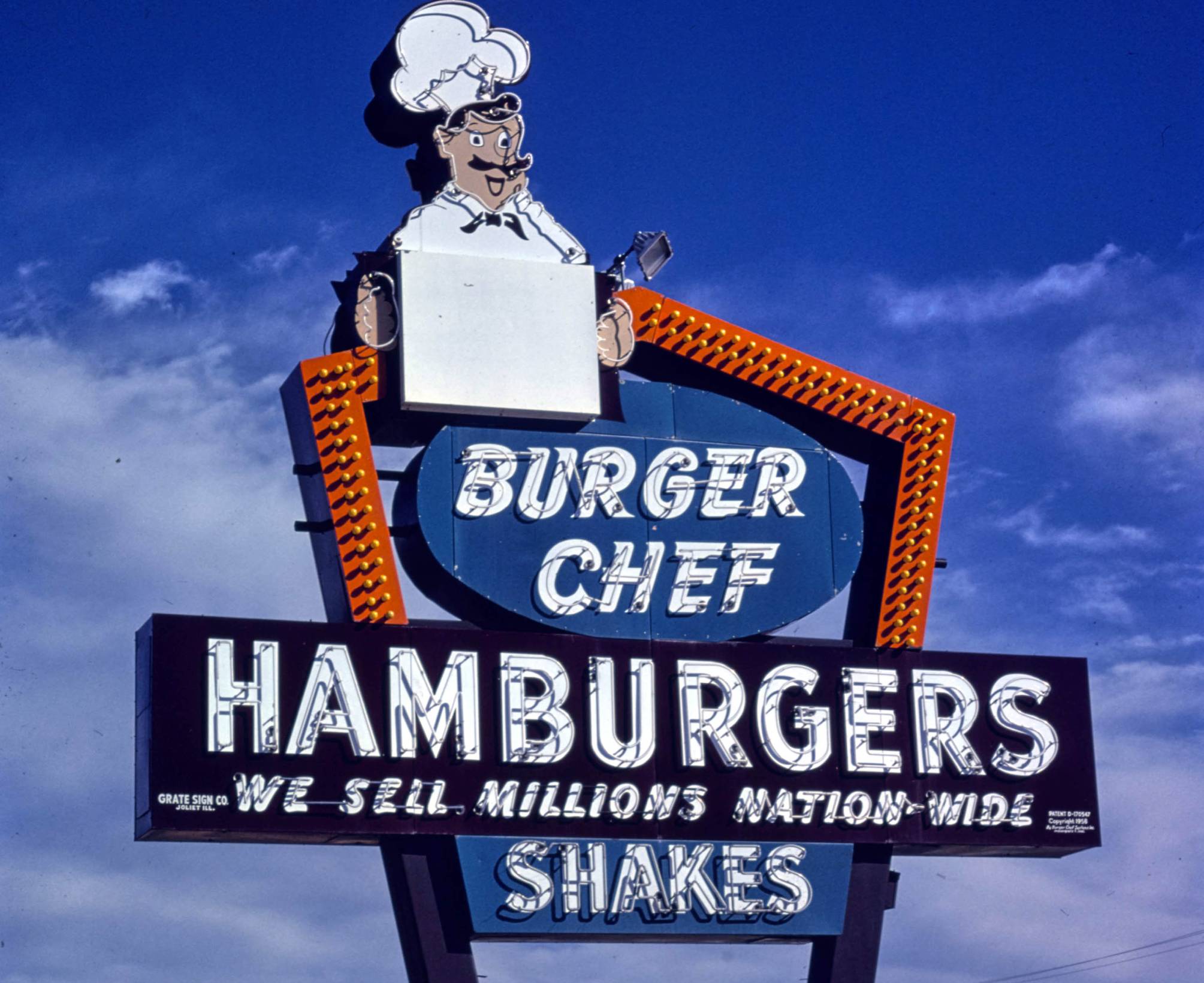 John Margolies, Wikimedia Commons
John Margolies, Wikimedia Commons
Zayre
Never heard of them? Don't worry, we get it. They were established in 1956 as a department store, named after the Yiddish phrase, "Zehr gut" or "Very good." The less-than memorable name was very popular throughout the decades, until 1988 when Ames bought the brand. Decline soon followed and they closed in 1990.
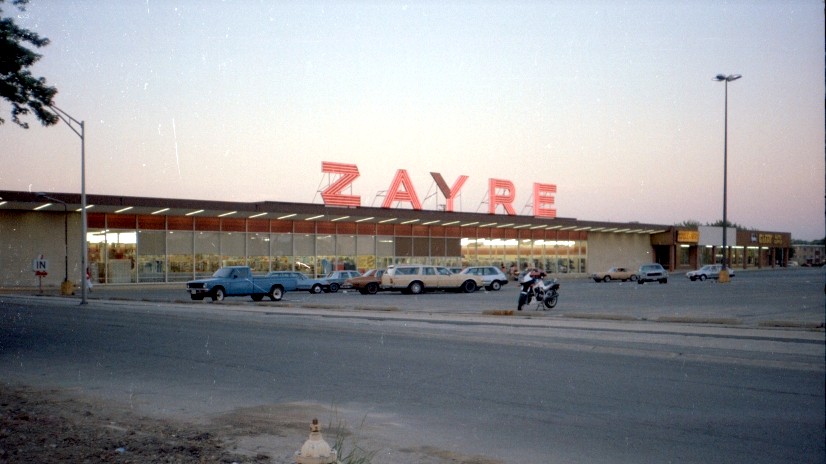 Joe Archie, CC BY 2.0, Wikimedia Commons
Joe Archie, CC BY 2.0, Wikimedia Commons
Beatrice Foods
If you've never heard of Beatrice Foods, perhaps you've heard of Jolly Rancher or Orville Redenbacher—yes? Well, Beatrice Foods owned them. It was founded in 1894 and went through a series of buyouts throughout the 1980s which "cooked" them. They were defunct by the end of the decade and their portfolio is now owned by ConAgra Foods.
The Radio Corporation Of America
The Radio Corporation Of America, better known as RCA, was founded in 1919 with the goal to bring radios and other electronics into every American household. They basically succeeded as everyone and their mother in the 1980s had an RCA product—camcorders, headphones, you name it. They went the way of the Dodo in 1987, a year after General Electric bought them.
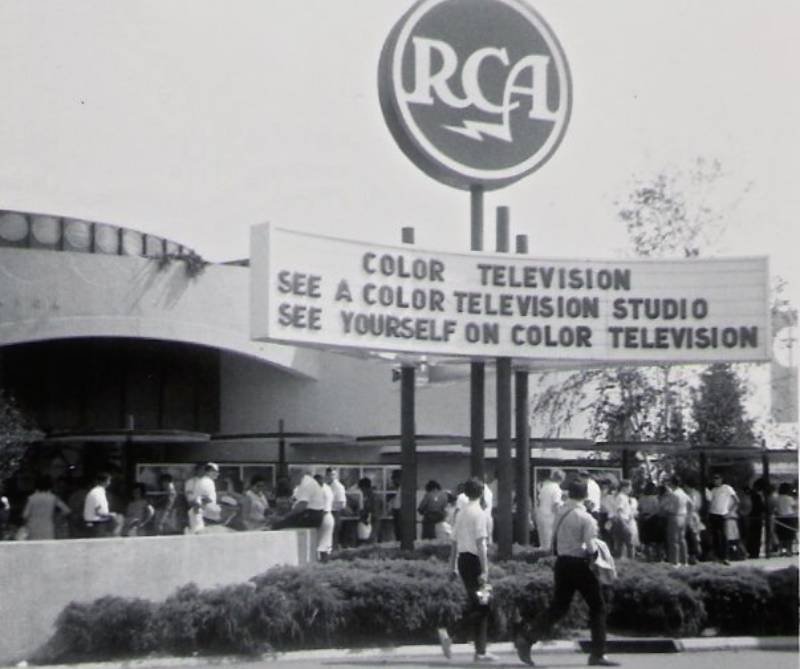 Doug Coldwell, CC BY-SA 3.0, Wikimedia Commons
Doug Coldwell, CC BY-SA 3.0, Wikimedia Commons
Eastern Airlines
Eastern Airlines was a great American airline that almost rivalled Pan-Am for popularity. Unfortunately, like Pan-Am, they went defunct after deregulation hit them hard and then a 285 day strike in 1989 put an end to them. Cabin doors were closed in 1991 and Eastern Airlines took off into the proverbial sunset.
 RuthAS, CC BY 3.0, Wikimedia Commons
RuthAS, CC BY 3.0, Wikimedia Commons
VideoConcept
There were a lot of video electronic stores in the 1980s and VideoConcept was one of them. They tried to sell VHS tapes (like everyone else) and although they achieved success, by the turn of the decade, there was simply too much competition. The Tandy Corporation, which owned them, closed all stores in 1995.
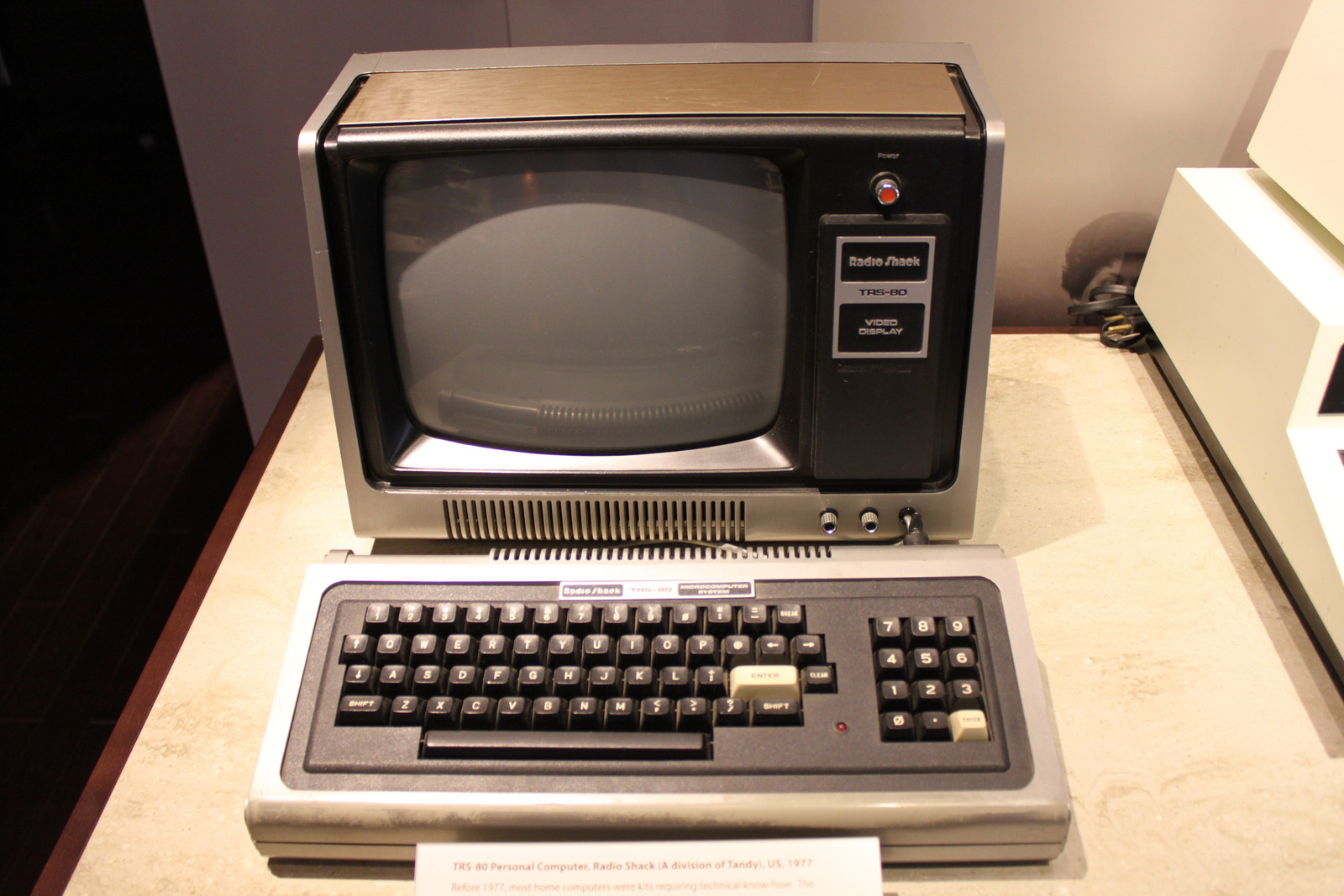 Anton Chiang, CC BY 2.0, Wikimedia Commons
Anton Chiang, CC BY 2.0, Wikimedia Commons
Sharper Image
A lifestyle product store founded in 1977, Sharper Image saw great success throughout the 1980s—usually from folks with more money than sense as their products were considered to be overpriced. They also made Breeze air purification systems that came under fire in a class-action lawsuit in the 80s. Now, no bricks and mortar stores exist, but Sharper Image products can still be found.
Chi Chi's
For those that loved Mexican food, Chi Chi's was the place to go in the 1980s—burritos, tacos, enchiladas, and much more. They were almost as hot as the peppers they served. Unfortunately, they also served green onions, and in 2003, a huge Hepatitis A outbreak from one of their green onions cost the chain massively. They closed in 2004.
Cineplex Odeon
You may have heard of Odeon and you've definitely heard of Cineplex. Well, in the 1980s, Cineplex and Odeon merged to create Cineplex Odeon in a huge move that hit the other cinemas. Their popularity was almost unparalleled and caused another merger between them and Loew's Theaters in NYC. Unfortunately, that was their death knell as the company closed almost all of its cinemas in the early 2000s. Except for one in Windsor, Ontario, Canada.
Pay N' Save
Pay N' Save really kept to their word since their inception in 1940. But after nearly 50 years, Pay N' Save was acquired by another thrift-type store chain called Thrifty in 1988 and their stores went bye-bye.
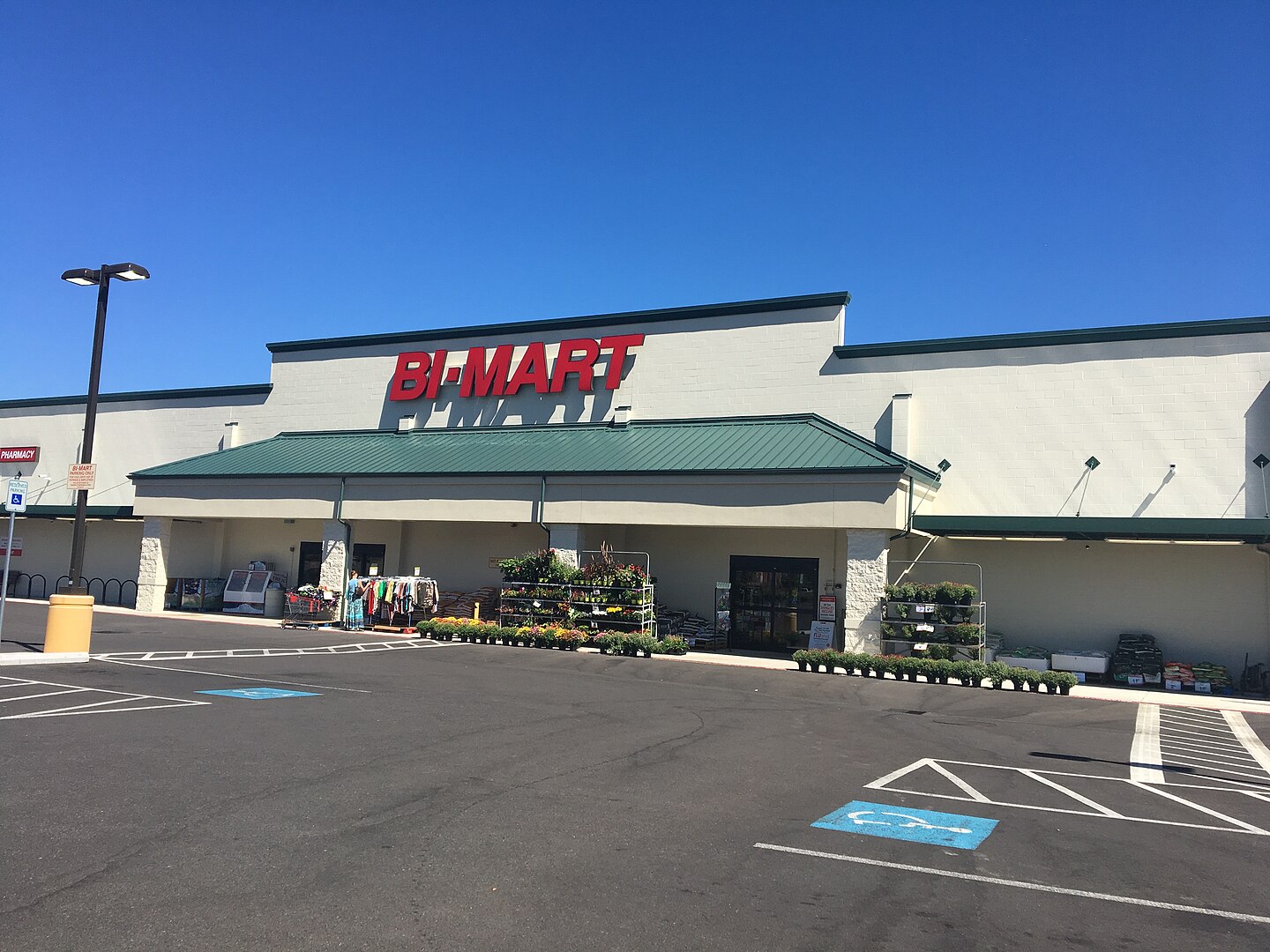 Kingofthedead, CC BY-SA 4.0, Wikimedia Commons
Kingofthedead, CC BY-SA 4.0, Wikimedia Commons
Memorex
If you have an audio-cassette tape kicking around somewhere from the 1970s or 1980s, they were likely produced by Memorex. Founded in 1961, the company specialized in VHS and audio-cassette tapes. Memorex was split apart in the 1970s, being sold and resold time and again until there was virtually nothing left. The brand is still around, but it's not what it was.
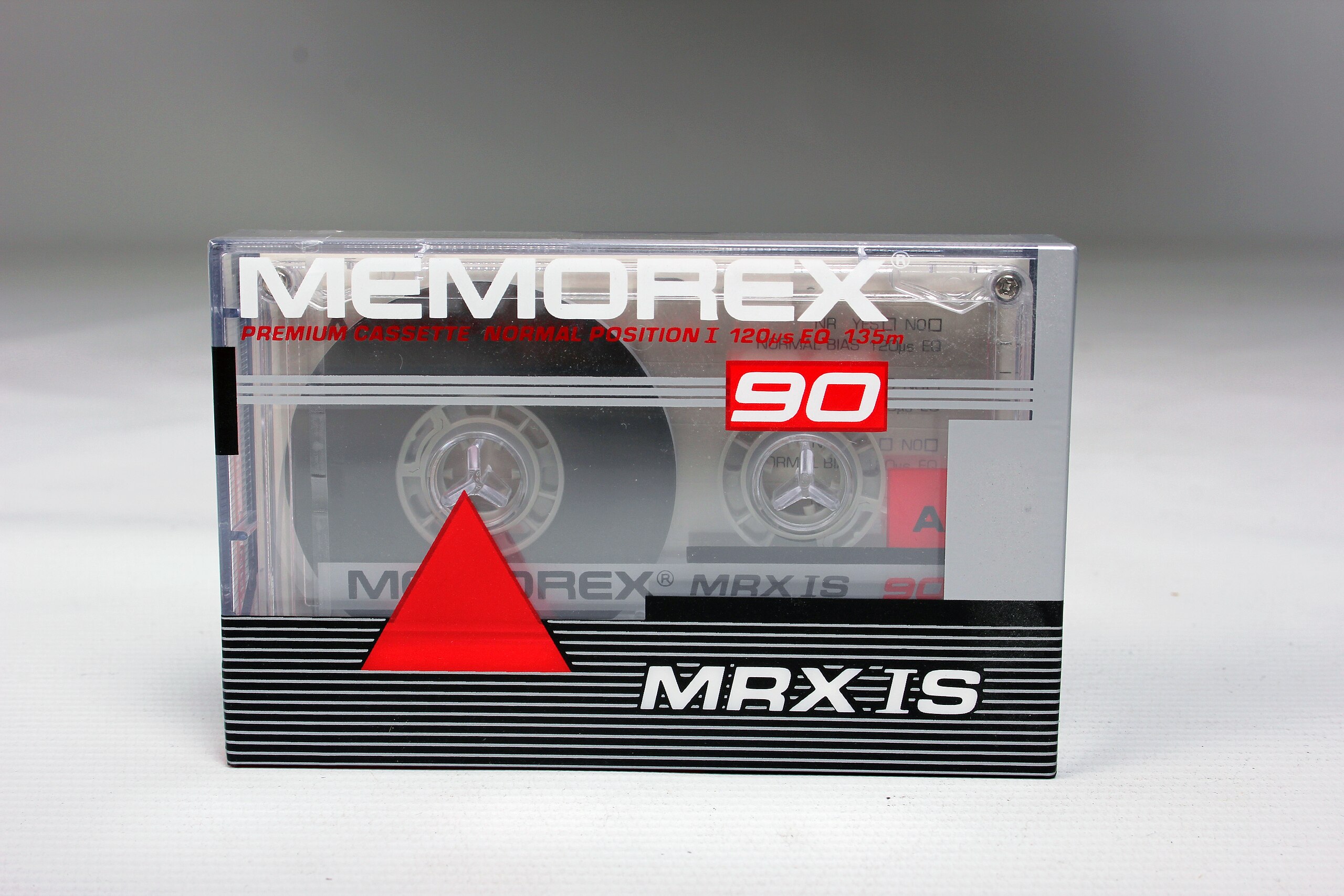 stuart.childs, CC BY 2.0, Wikimedia Commons
stuart.childs, CC BY 2.0, Wikimedia Commons
Crazy Eddie
Crazy Eddie was a commercial production company, founded in 1971 by owner Eddie Antar. Radio salesman DJ Jerry Carroll was the voice of Crazy Eddie's radio ads for many years. Despite being hugely popular, the company engaged in fraudulent activities like under-reporting sales, dodging taxes, and not paying employees properly. The company folded in 1989, but was revamped twice in 2005 and 2012, only to fold again both times.
Discovery Zone
Do you remember jumping into a ball pit at a play-palace in the 1980s? Chances are, that location was owned by kids' entertainment center company, Discovery Zone. Indoor jungle gyms and various apparatuses were the pinnacle of childhood in the 1980s and 90s. Unfortunately, the gigantic ball pits were simply breeding grounds for germs and it filed for bankruptcy in 1999 after stretching itself too thin.
Bradlee's
Competition seems to be the bane of 80s company's existences. None more-so than Bradlee's—the chain that sold absolutely everything and at a discounted price. Despite being a darling department store in the 80s, Bradlee's could not keep up with the competition and was bankrupt by 1995.
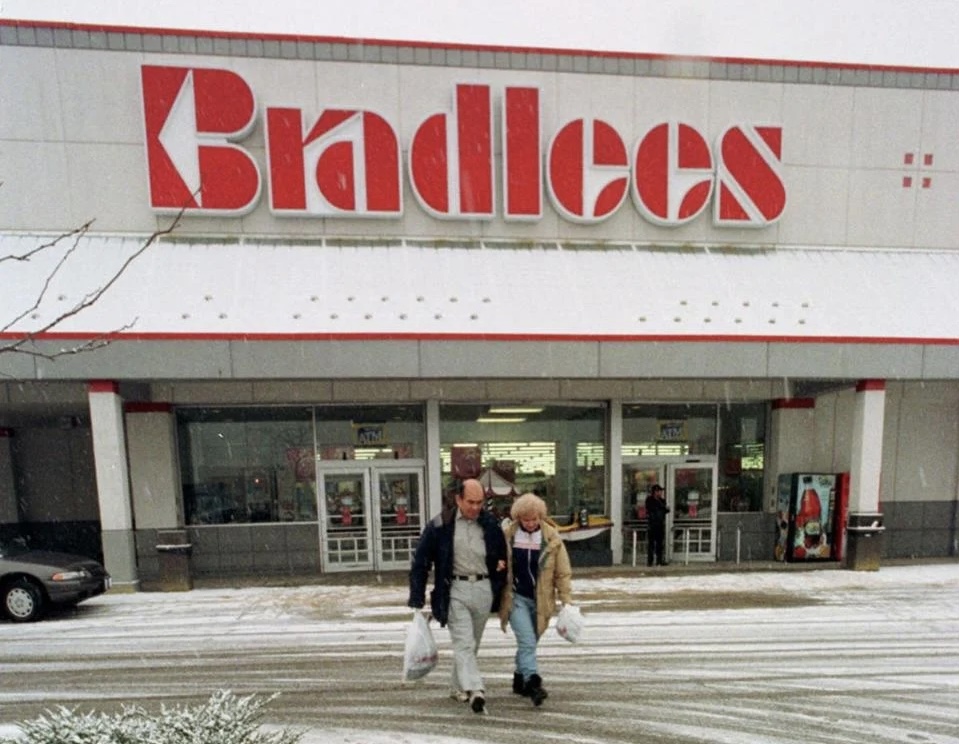 Byron A. Nash, CC BY 2.0, Wikimedia Commons
Byron A. Nash, CC BY 2.0, Wikimedia Commons
Delia's
Delia's was a teenage clothing brand first established in 1993 by Steve Russo. Beginning as a hugely successful direct-mail business (similar to Sears), Delia's had amazing clothing that teens loved. Despite filing for bankruptcy in 2011, Delia's 1990s craze has made an online-only comeback and they are now owned by Dolls Kill.
Limited Too
Another 1990s girls' teenage fashion brand was Limited Too. It was Eurocentric but appealed to Americans all the same. In the early 2000s, Limited Too rebranded as "Justice" and sold the same items at a lower price. In 2004, the company's redirection shuttered every Limited Too brand-name store in the country.
Warner Bros' Studio Store
You guys remember Looney Tunes (1930), right? Well, Warner Bros launched a hugely successful store in 1991 that sold Looney Tunes-themed products to kids, mostly focusing on Bugs Bunny, and then more with the huge success of Space Jam (1996). Looney Tunes clothing eventually became unpopular and the store folded in 2001.
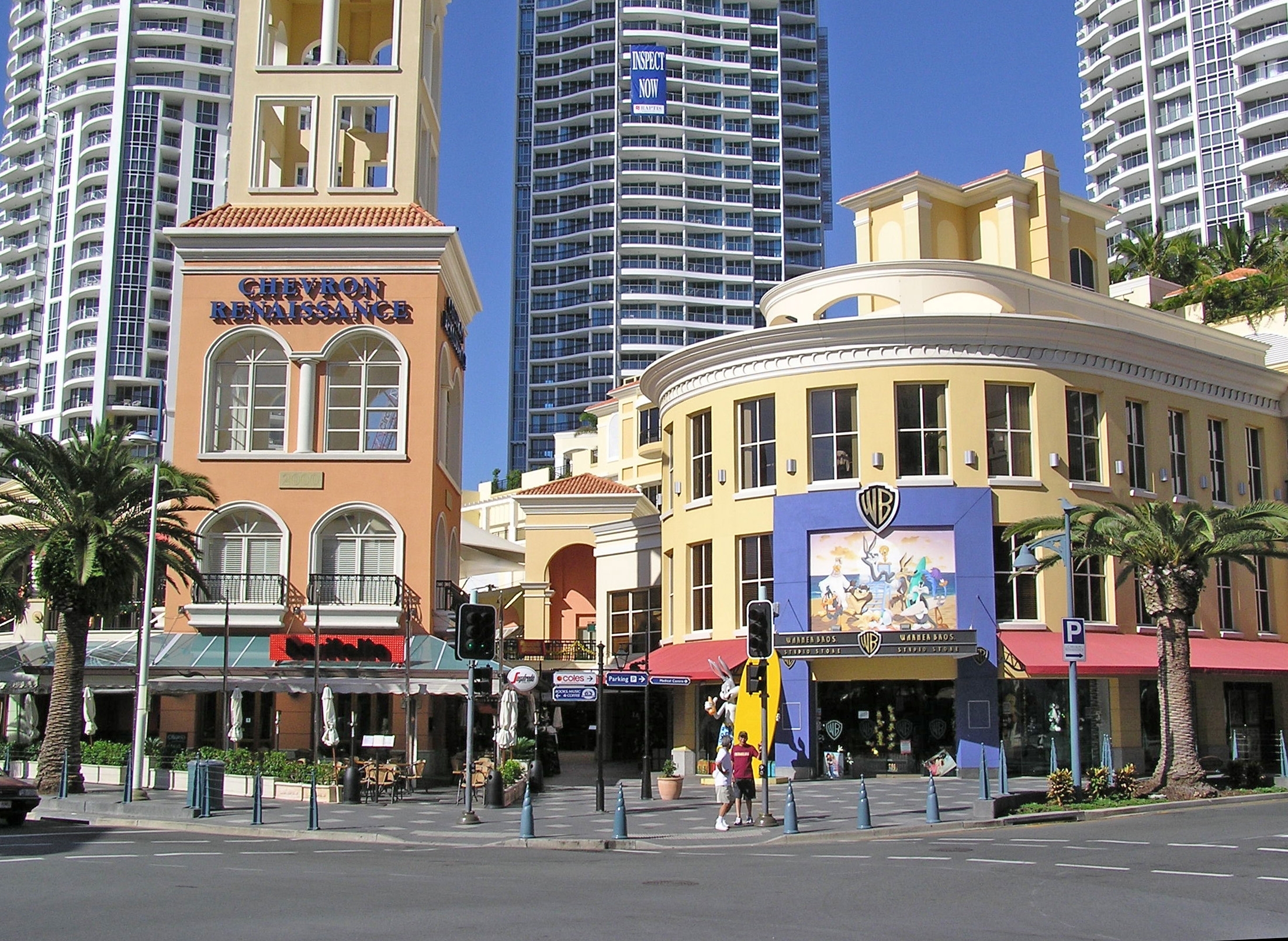 Donaldytong, Wikimedia Commons
Donaldytong, Wikimedia Commons
Bongo Jeans
Bongo Jeans for women and girls were a huge hit in the 1990s. All of the female celebrities like Liv Tyler were wearing them (she even featured in an ad for the company). Founded in 1982, enjoying success for a decade, Bongo Jeans were eventually sold in 1998 and although technically still around, they're not as popular anymore.
Nautica
Did you own a boat in the 1990s? Chances are you saw (or sought out) ads for Nautica clothing. Nautica marketed themselves (very well) to boaters, and people who wanted to make others think they owned one. Started by David Chu, an immigrant to America from Taiwan, Nautica was eventually sold in 2003 to VF Corporation, who owned Vans, North Face, and others.
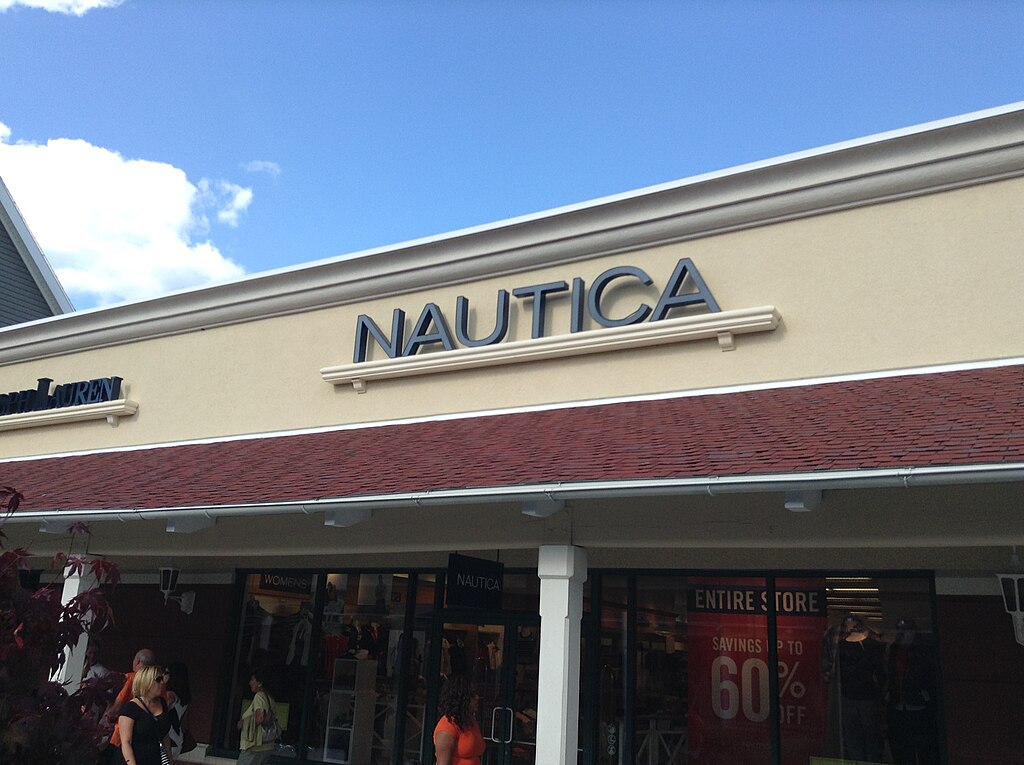 Mike Mozart, CC BY 2.0, Wikimedia Commons
Mike Mozart, CC BY 2.0, Wikimedia Commons
Bugle Boy
Despite having absolutely nothing to do with a bugle—or music, for that matter—Bugle Boy was a clothing brand who's advertising campaign from the 1990s featured a woman driving up to a man, stopping to ask him, "Excuse me, are those Bugle Boy jeans you're wearing?" before driving off. It was bizarre, but it worked. They were very popular until 2001, when they filed for bankruptcy.
Contempo Casuals
Another clothing brand from the 1980s that made it big in the 90s was Contempo Casuals. So successful were they, that they had 239 different locations in malls across America. The brand was sold for $1 million to Wet Seal and ceased to exist in 2001.
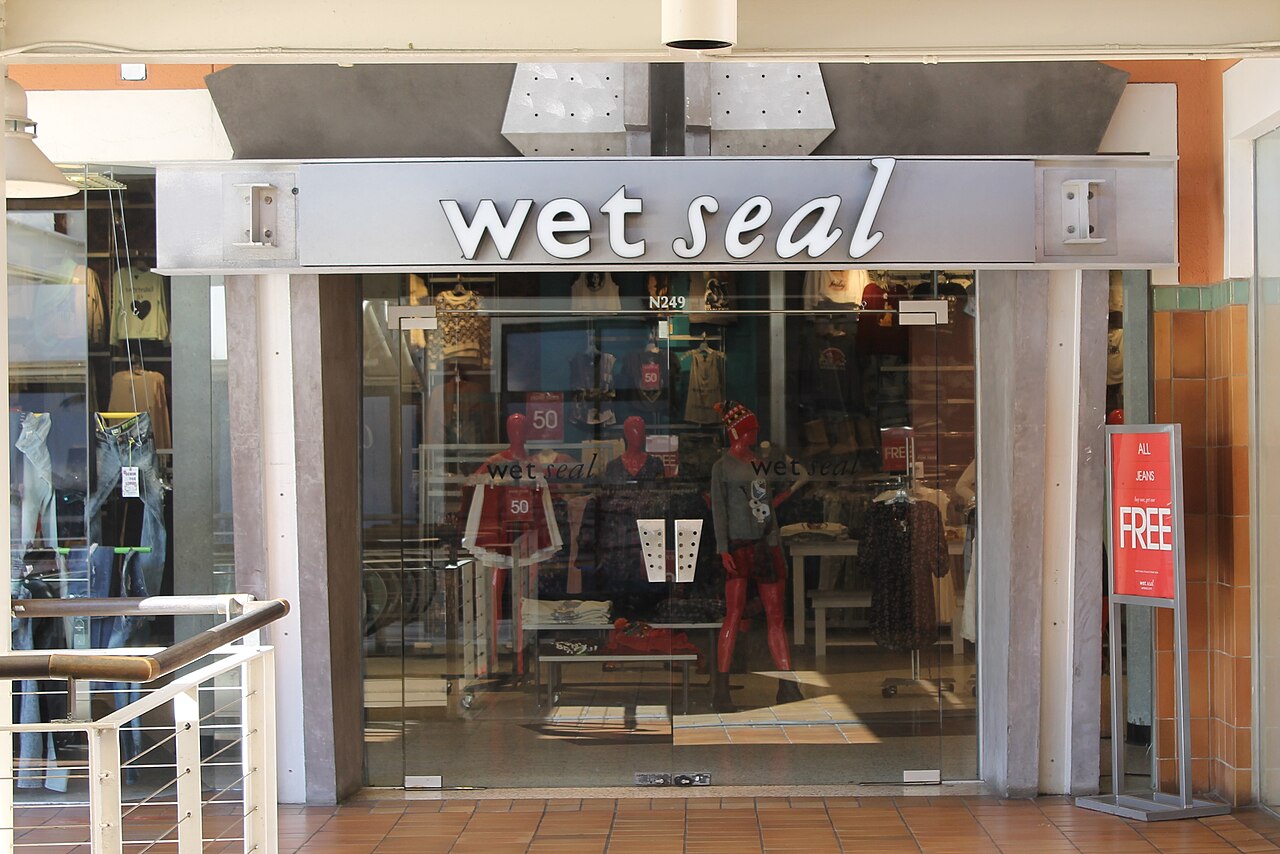 Phillip Pessar, CC BY 2.0, Wikimedia Commons
Phillip Pessar, CC BY 2.0, Wikimedia Commons
Cross Colors
Hip-hop centric brand Cross Colors launched in 1989 and took off almost immediately with stars like Will Smith and Muhammad Ali donning the brand. Unfortunately for Cross Colors, their success lasted just five years and they were defunct by 1994. 20 years later, Cross Colors launched again online.
X-Girl
Remember Sonic Youth? Well, X-Girl was a brand they helped create. Lead singer Kim Gordon teamed up with designer Daisy von Furth to bring you X-Girl in 1993. A clothing brand for women who lived outside of the mainstream, X-Girl was unfortunately sold off in 1998 and is now based in Japan.
Alphanumeric
Alphanumeric was another clothing brand that never really got off the ground. Launched at the tail-end of the 90s (1998), they were also known as the "EnvironMental Protection Company", and designed skate-wear for kids and adults alike, with the endorsement of Forrest Kirby. Then, in the early 2000s, the company disappeared.
Wet Seal
A fast-fashion company that acquired Contempo Casuals (along with many others), Wet Seal was originally founded in 1962 as "Lorne's" by Lorne Huycke. Despite being hugely popular throughout the 1990s and early 2000s, Wet Seal filed for bankruptcy in 2015 with a share price of just $0.06. Ouch.
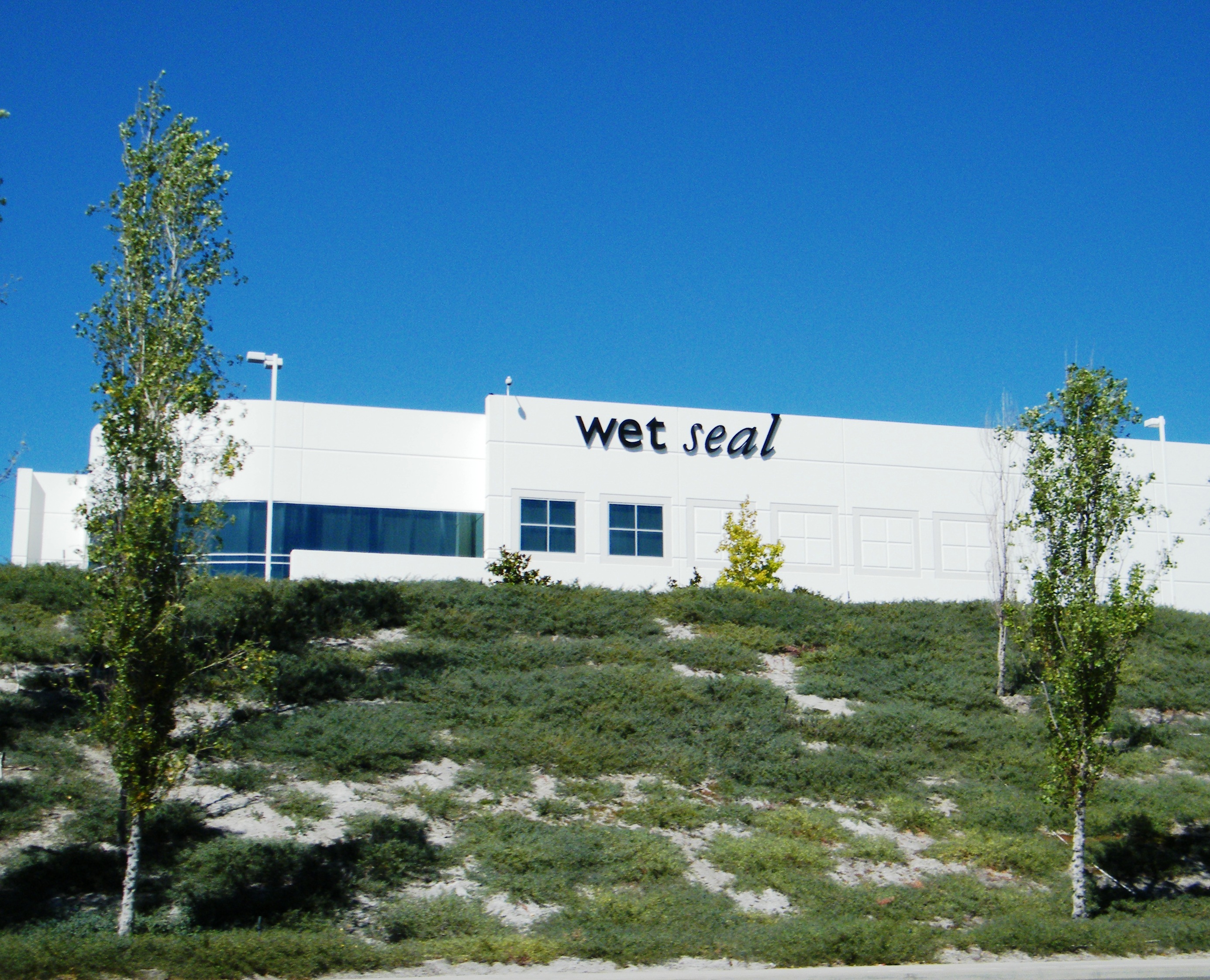 Coolcaesar, CC BY-SA 3.0, Wikimedia Commons
Coolcaesar, CC BY-SA 3.0, Wikimedia Commons
Gunne Sax
Specializing in very high-end apparel, mostly of the Victorian persuasion, Gunne Sax was worn by Hillary Clinton to her 1975 wedding to Bill Clinton. I wonder if she still has that dress... Anyway, Gunne Sax was defunct by 2013, when its chief designer passed away at the age of 83.
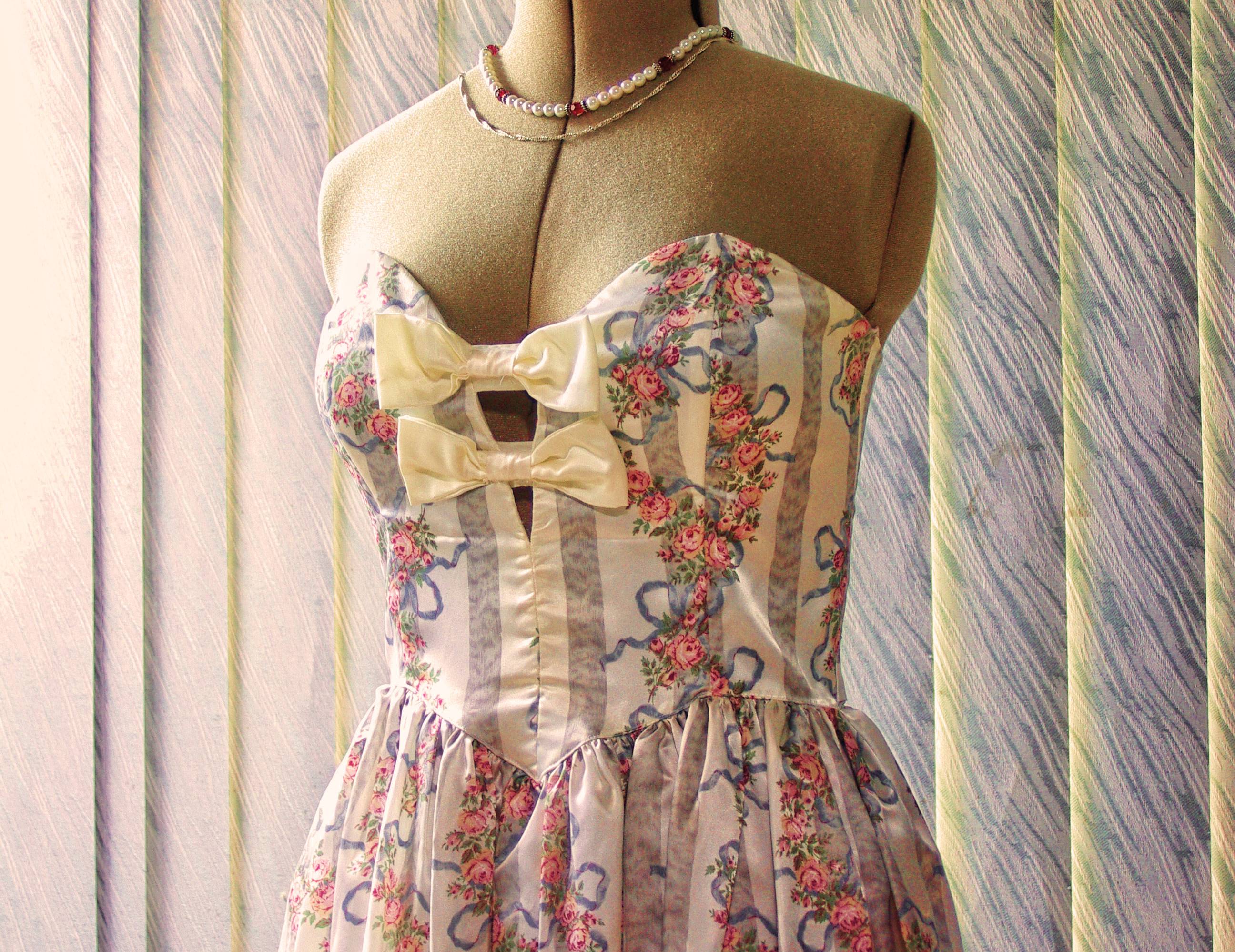 Lonecretin, CC BY 3.0, Wikimedia Commons
Lonecretin, CC BY 3.0, Wikimedia Commons
Lilli Ann
Another high-fashion brand that closed its doors in 2000 is Lilli Ann. This company designed high-end coats and suits, beginning in 1934 in Germany, by Adoplh Schumann. Lilli Ann was named after his wife. In the 1950s, the owner of the company bought large quantities of textiles and fabric from struggling French and Italian designers, saving their businesses. Unfortunately, Lilli Ann's owner died in 1985 and the company closed its doors in 2001.
Borders
Borders were an excellent American clothing brand founded in 1971 in Ann Arbor, Michigan. Despite expanding internationally and maintaining a huge success at home in the forthcoming decades, Borders closed its doors in 2011, filing for bankruptcy.
 Dwight Burdette, CC BY 3.0, Wikimedia Commons
Dwight Burdette, CC BY 3.0, Wikimedia Commons
WorldCom's Accounting Scandal
While not an iconic name outside of the world of IT, WorldCom was the second-largest telecommunications company in America in the early 2000s. When doing an internal audit in 2002, they discovered an $11 billion—with a B—fraud had occurred, in a bid to hike their stock market price. The CEO went to prison for 25 years and the Federal Government passed a new finance law to prevent it from happening again.

